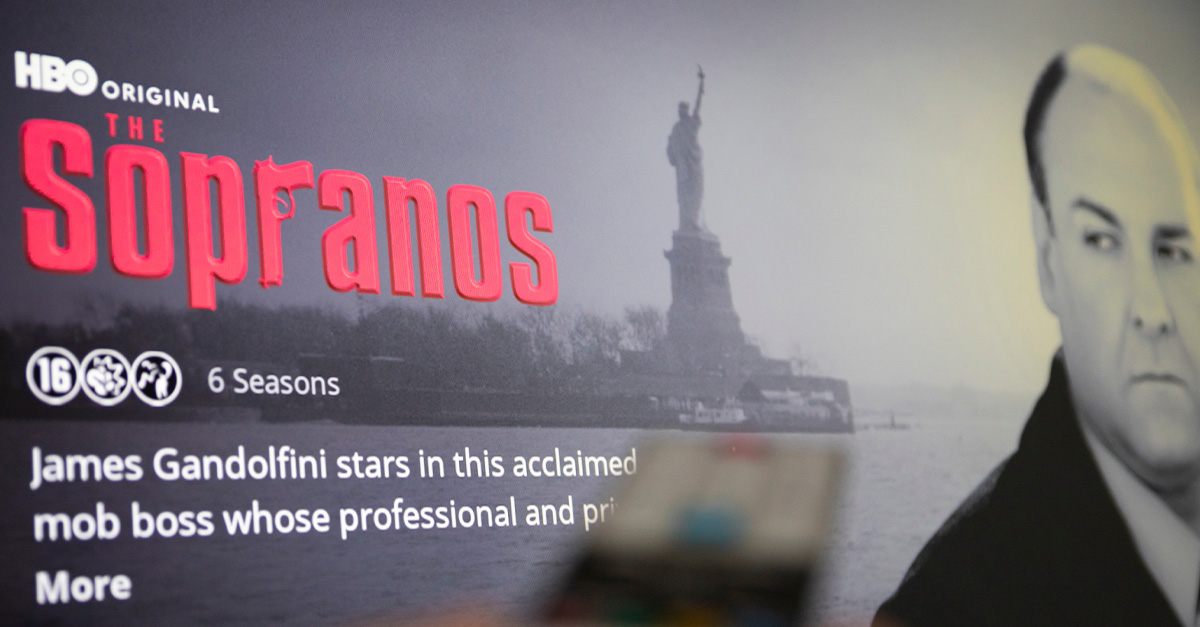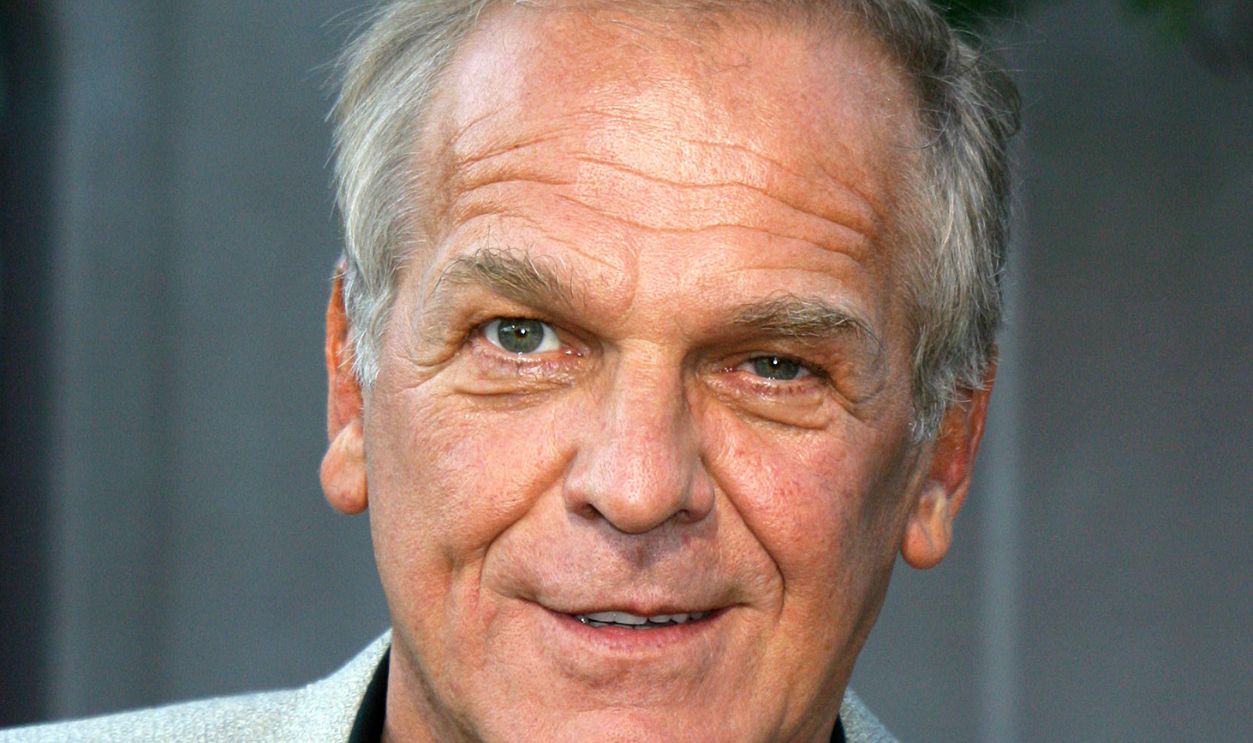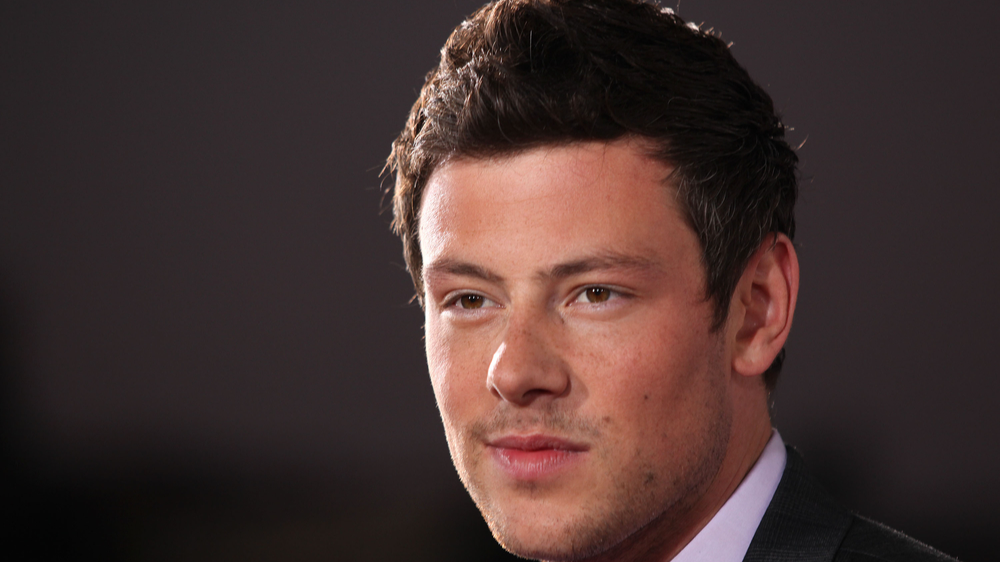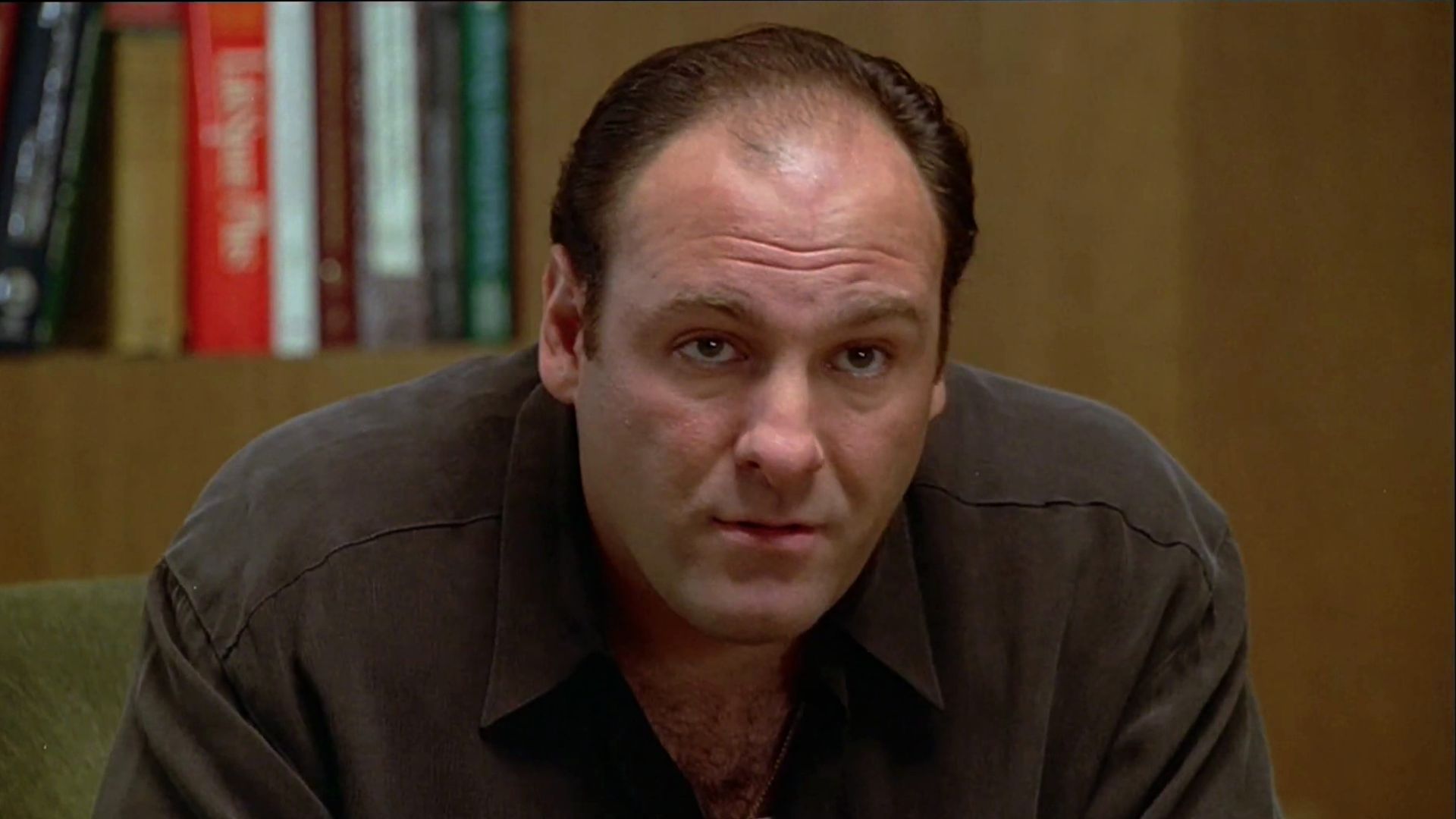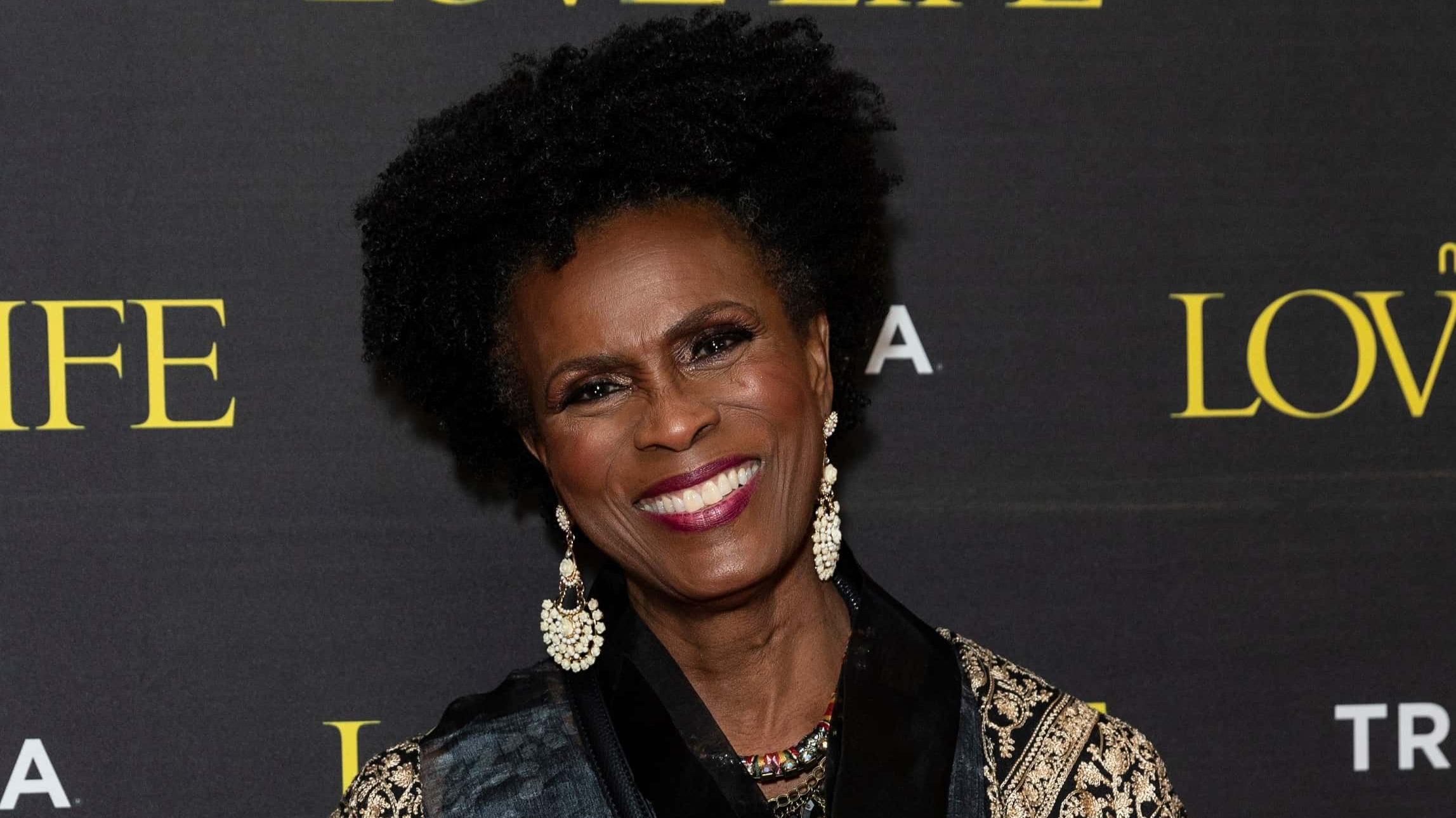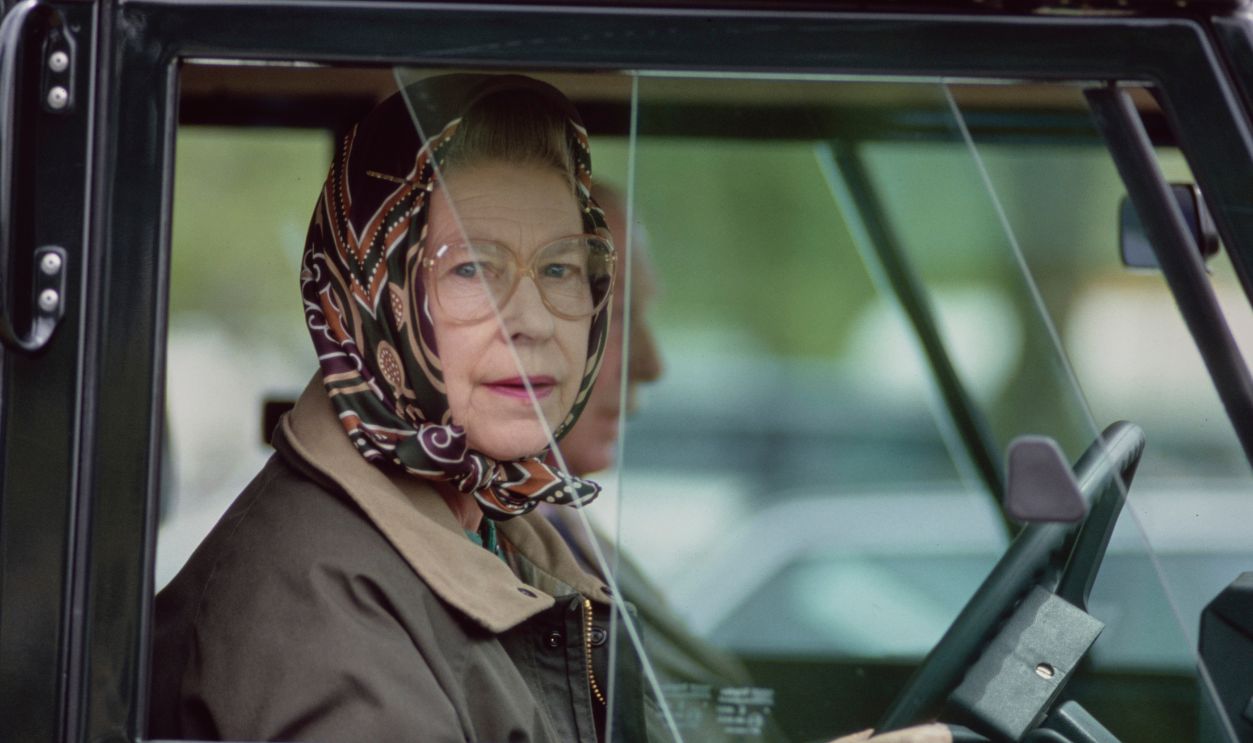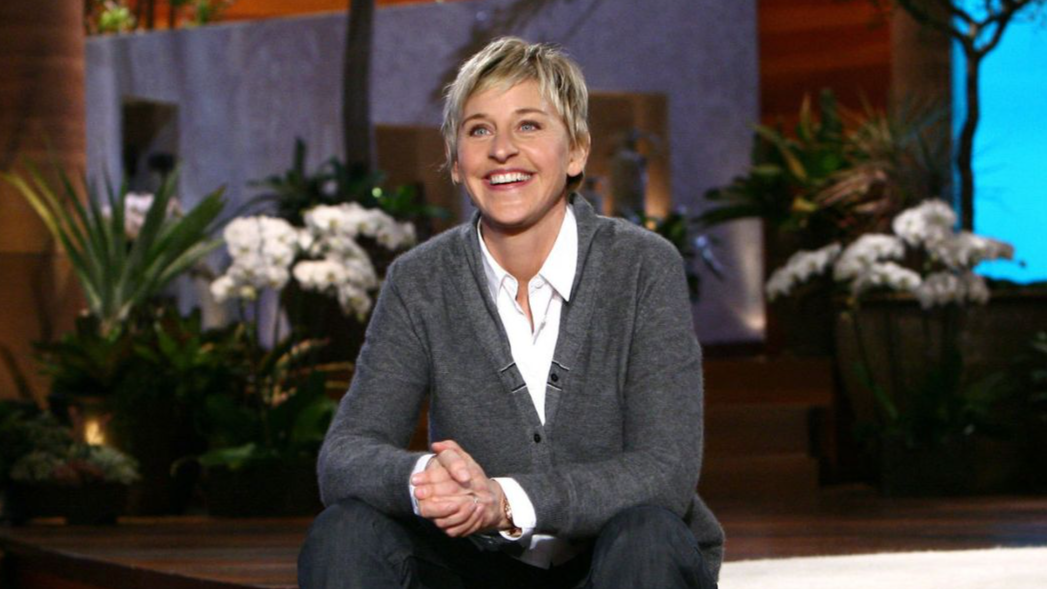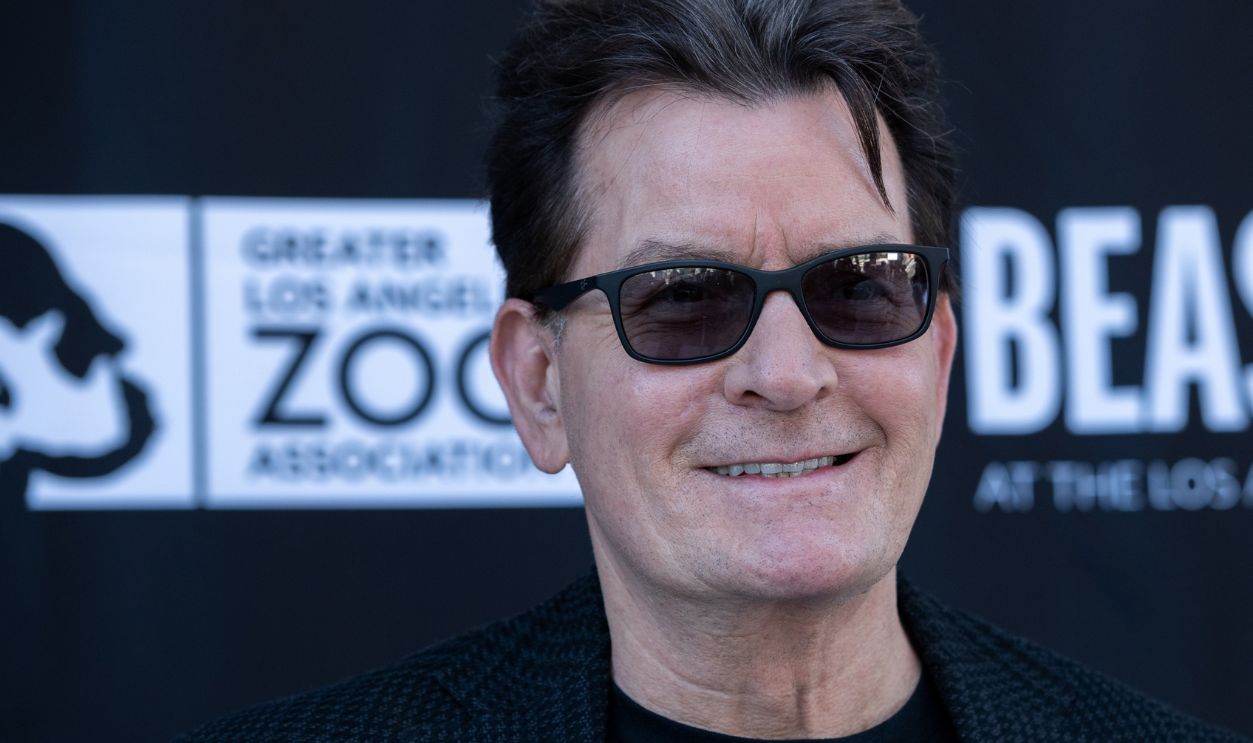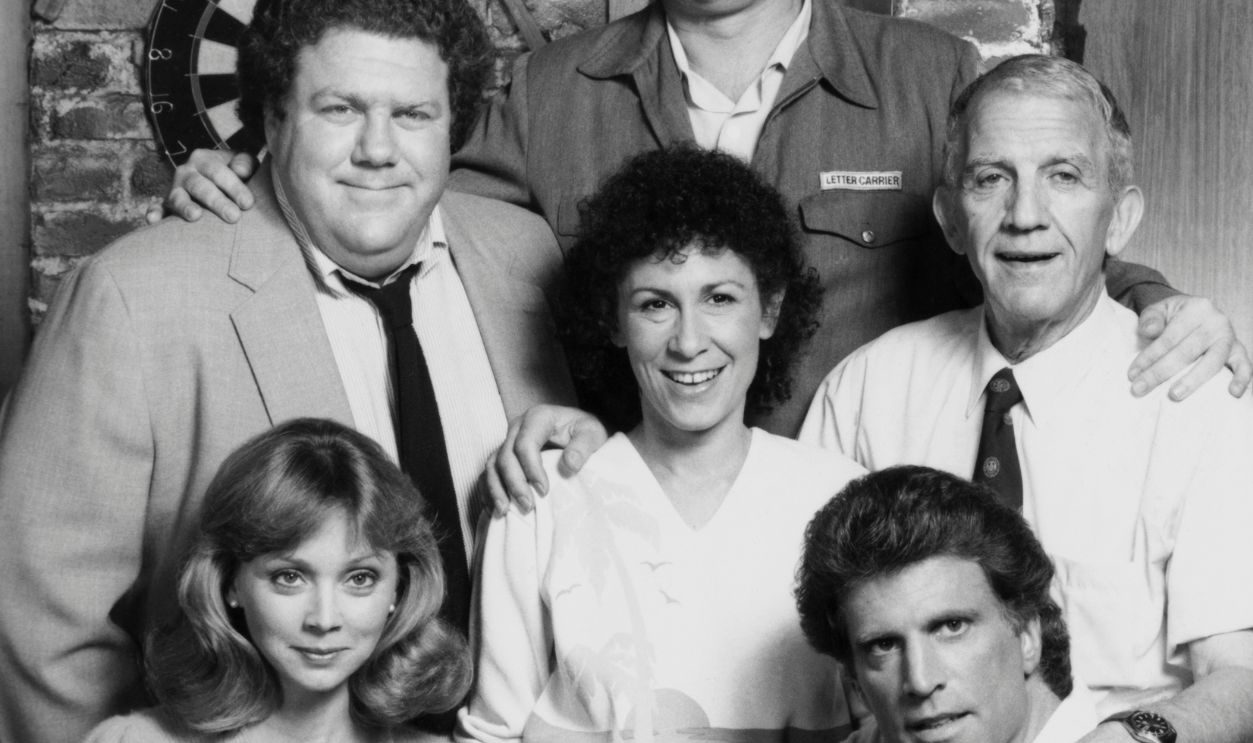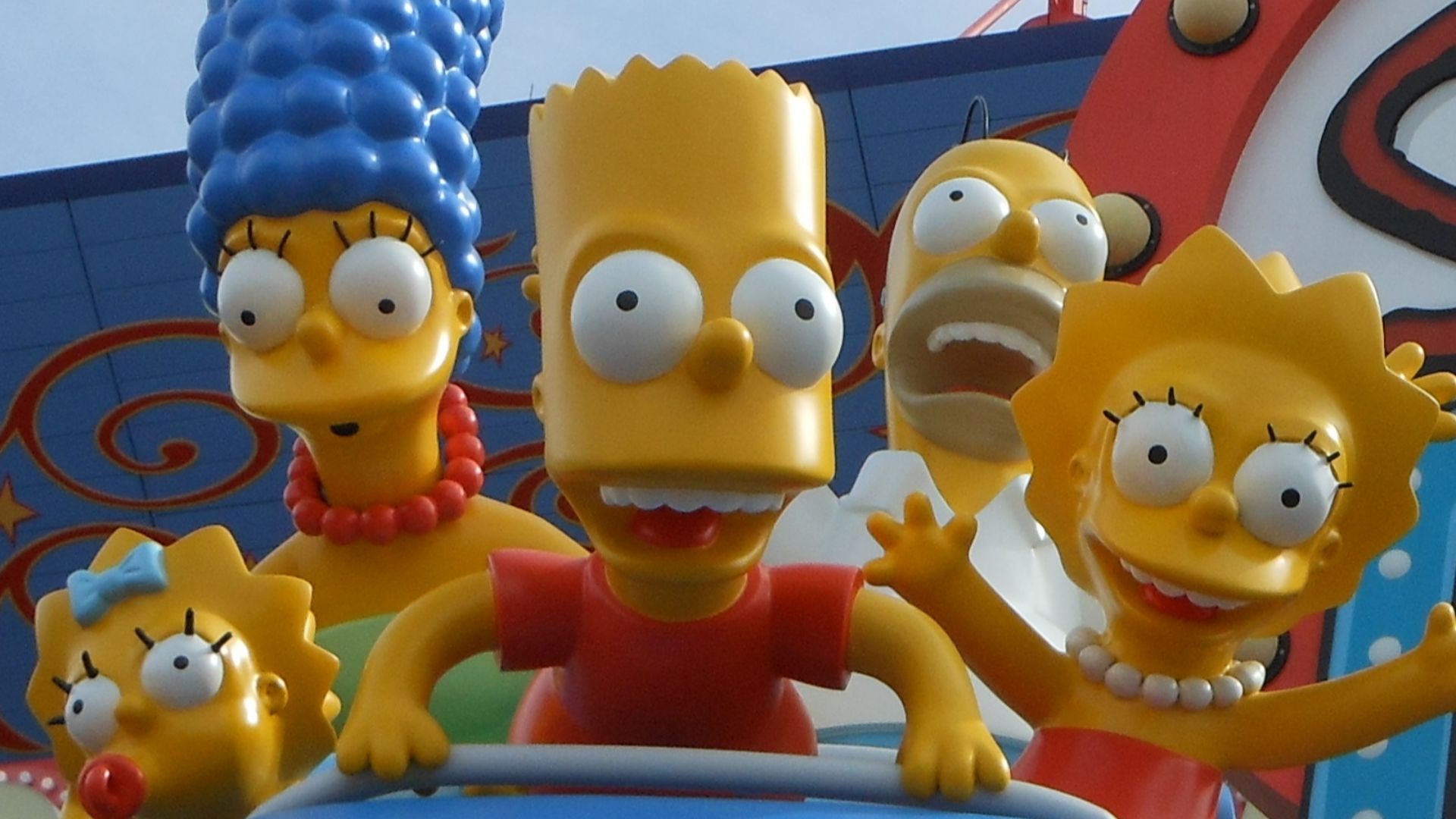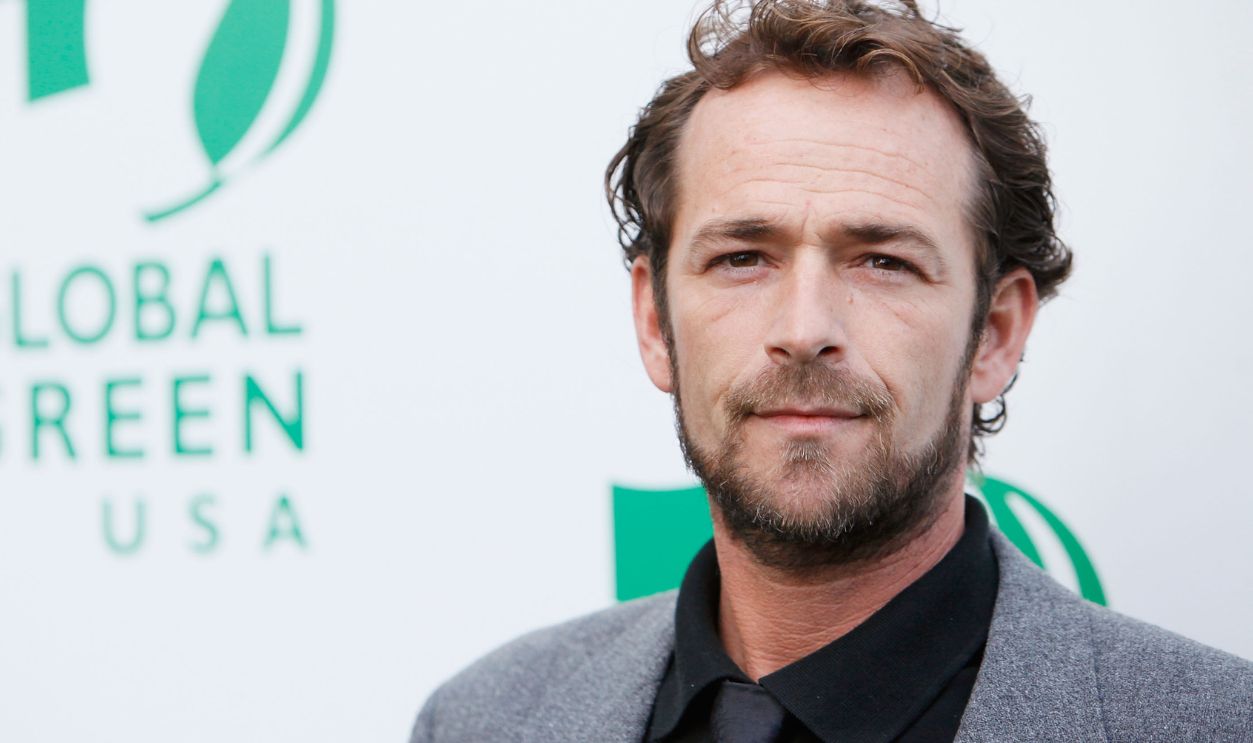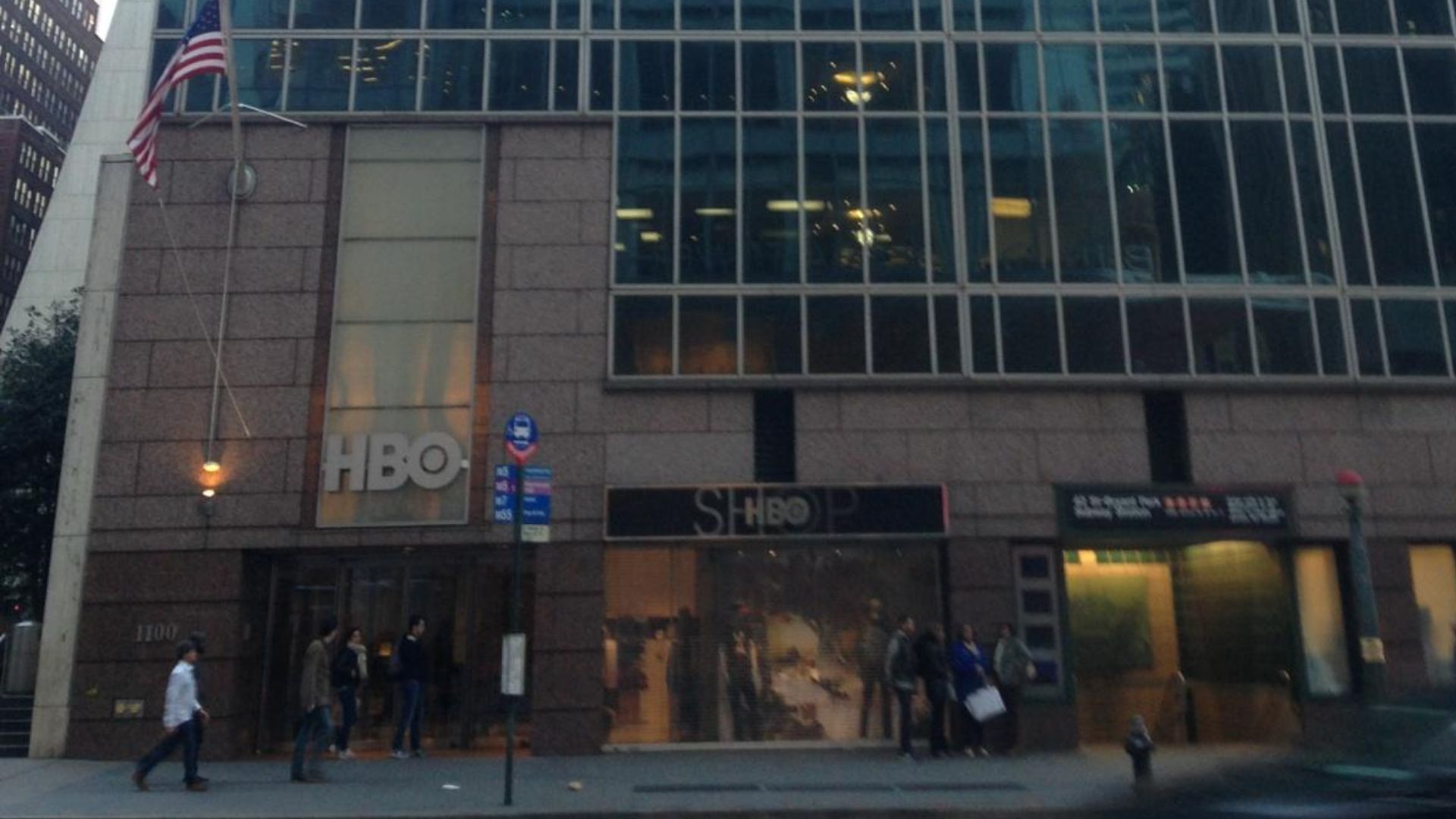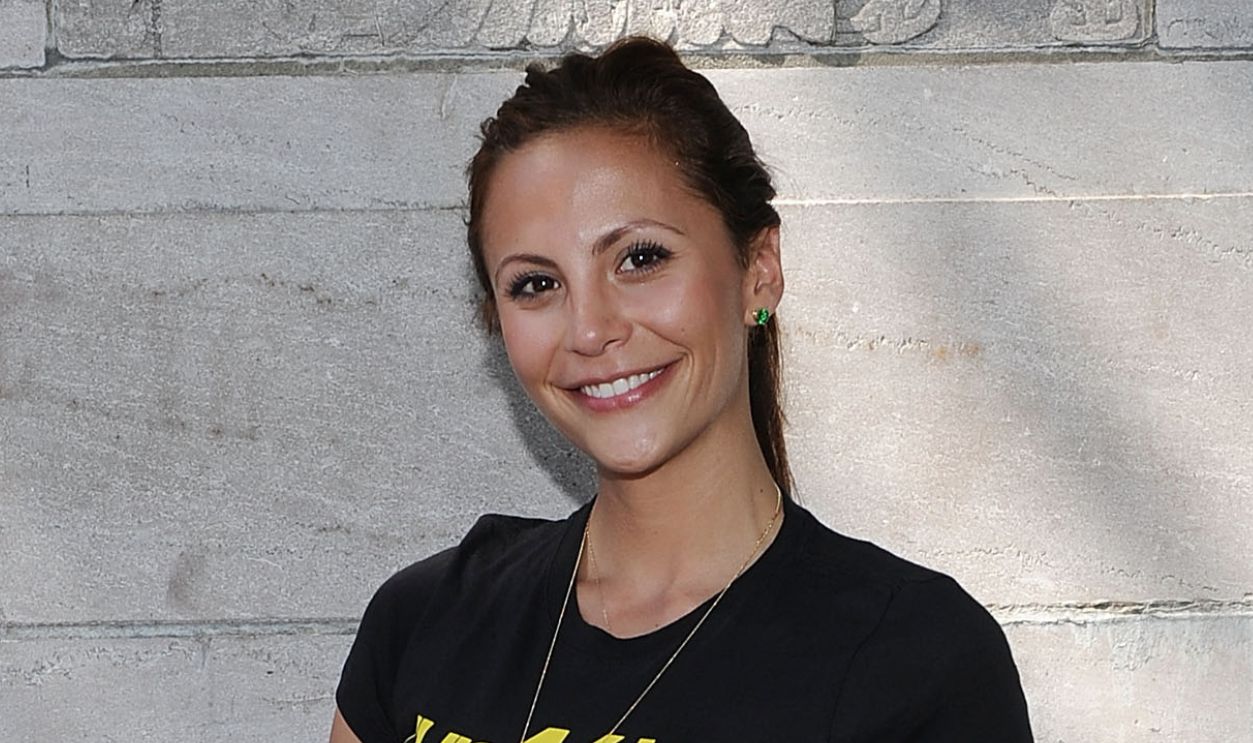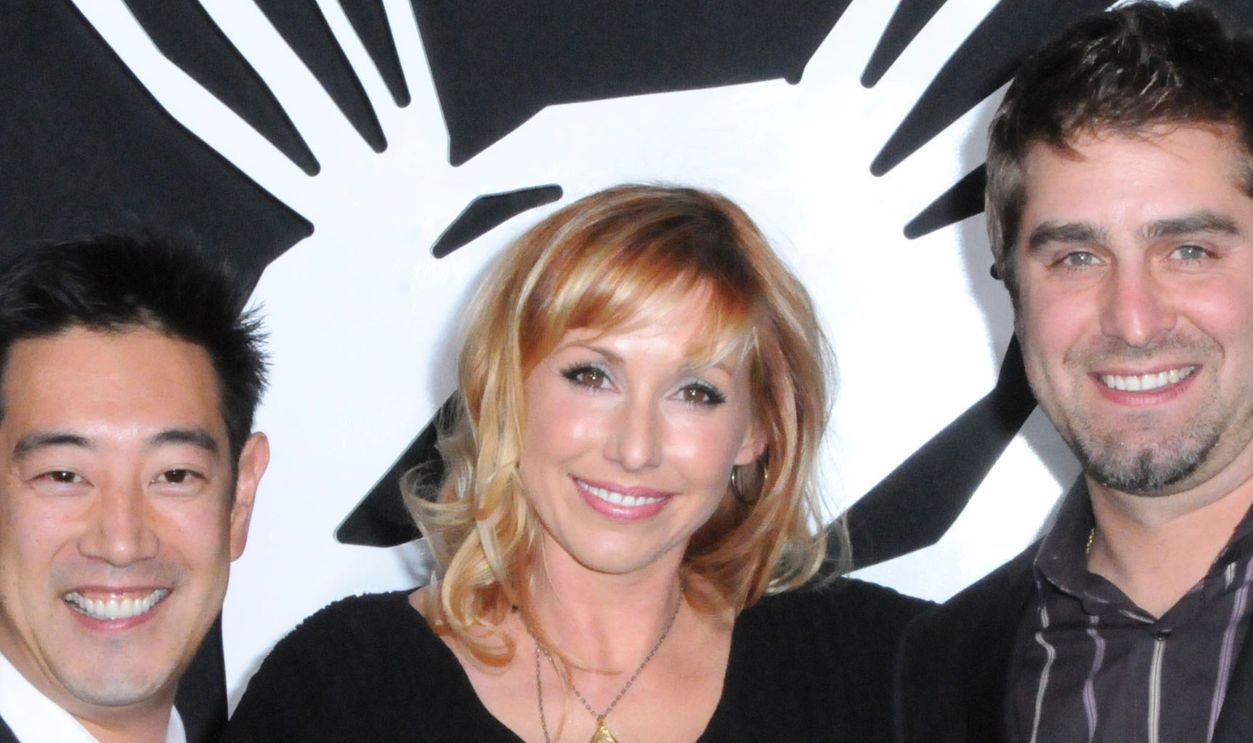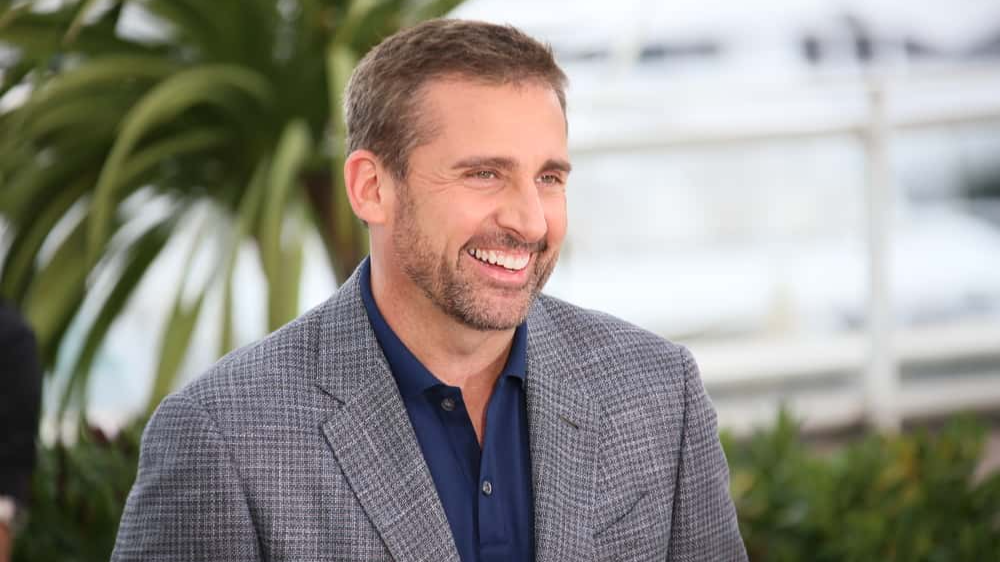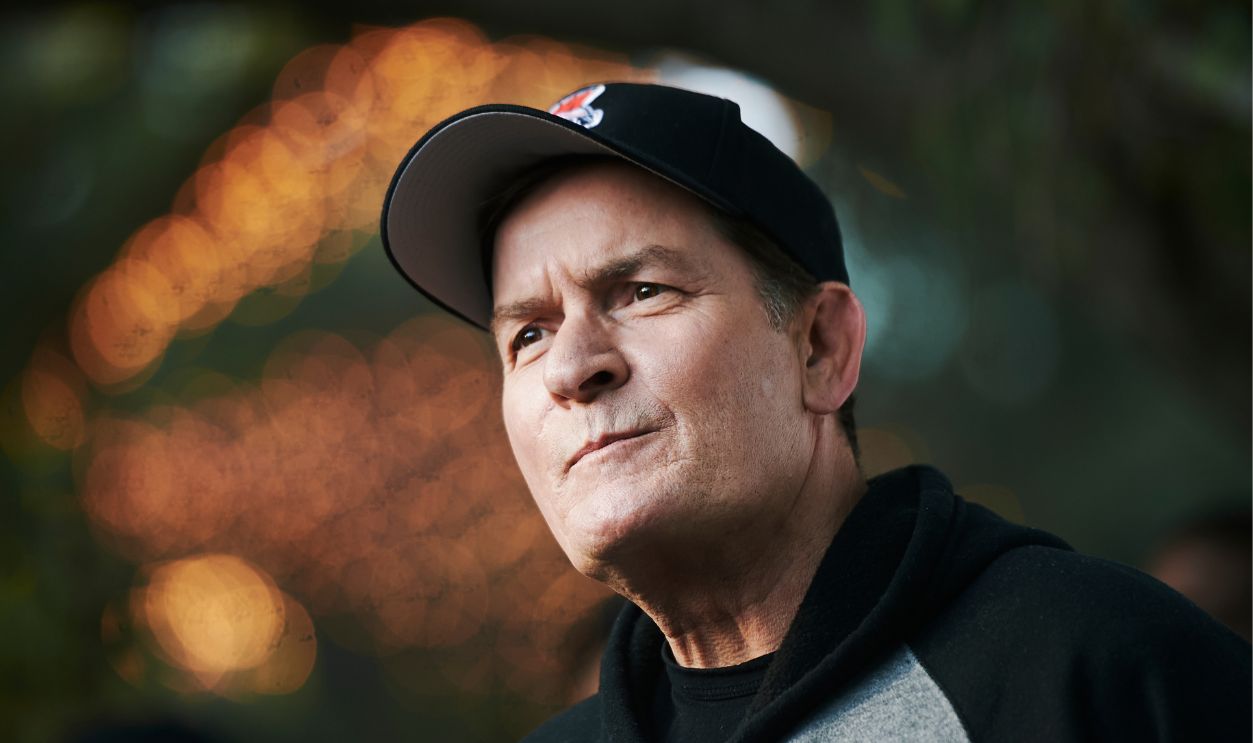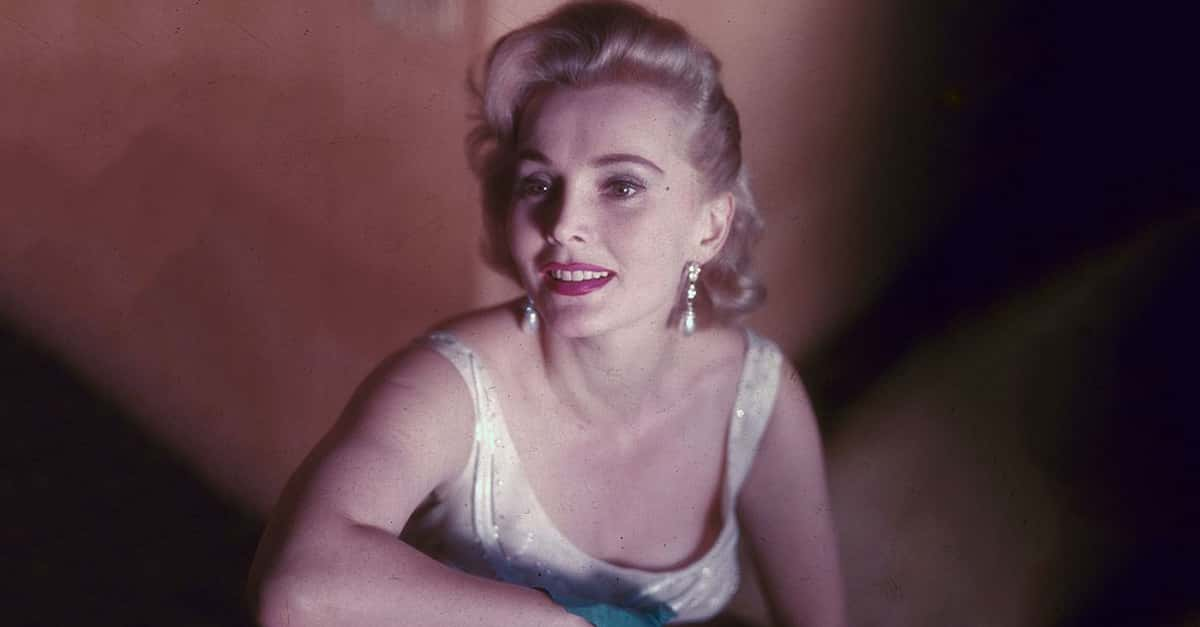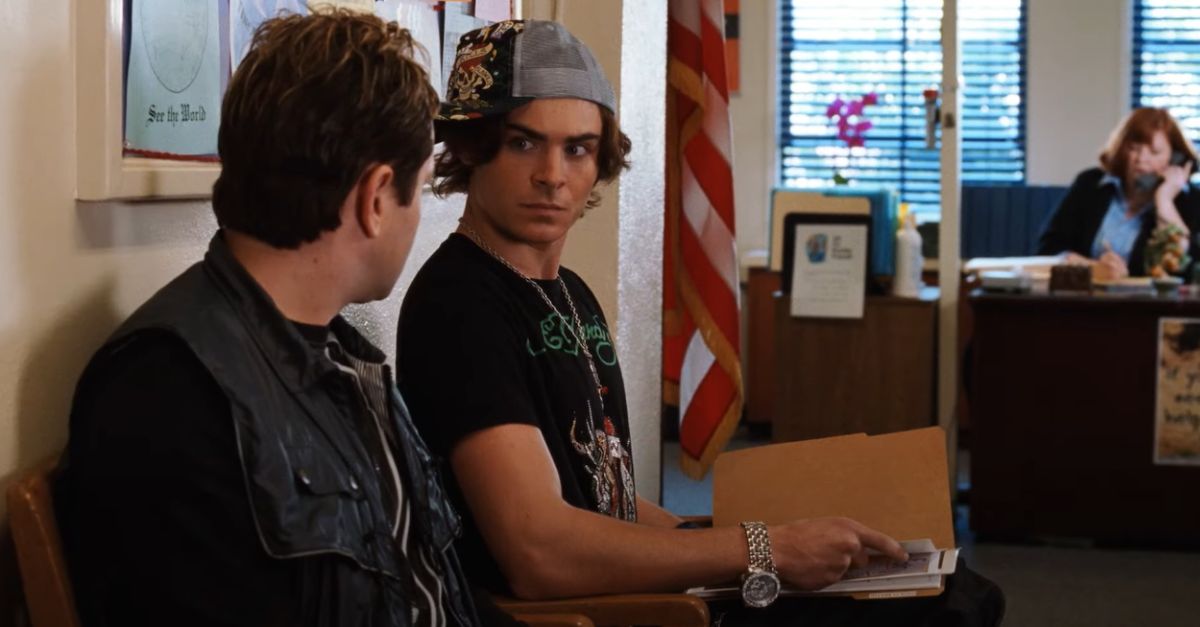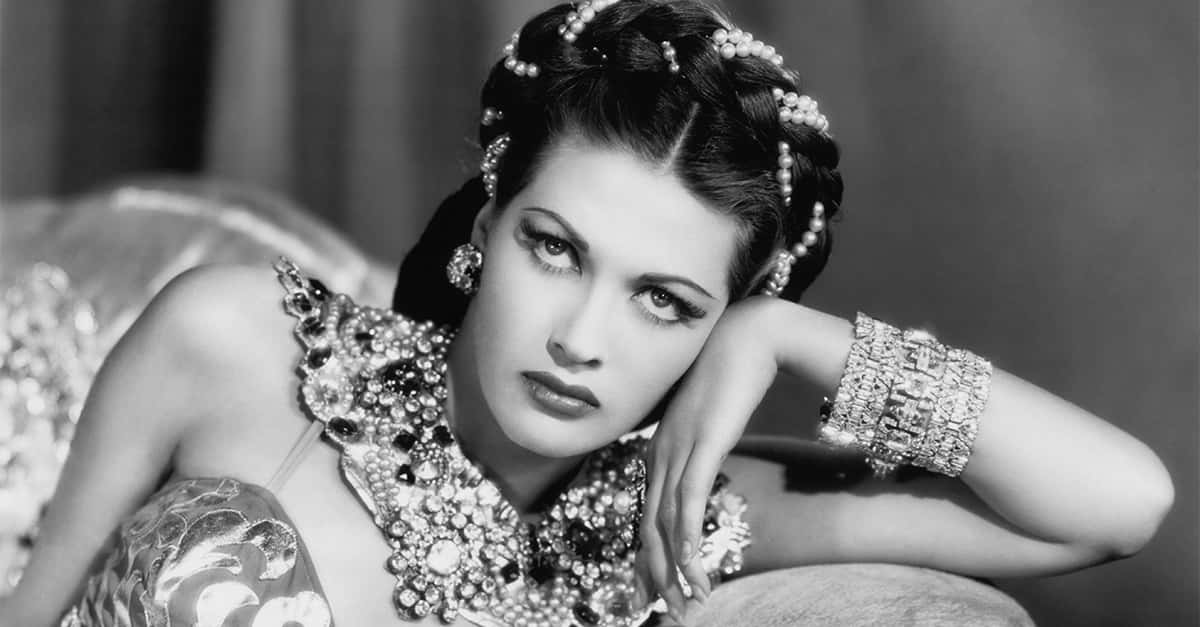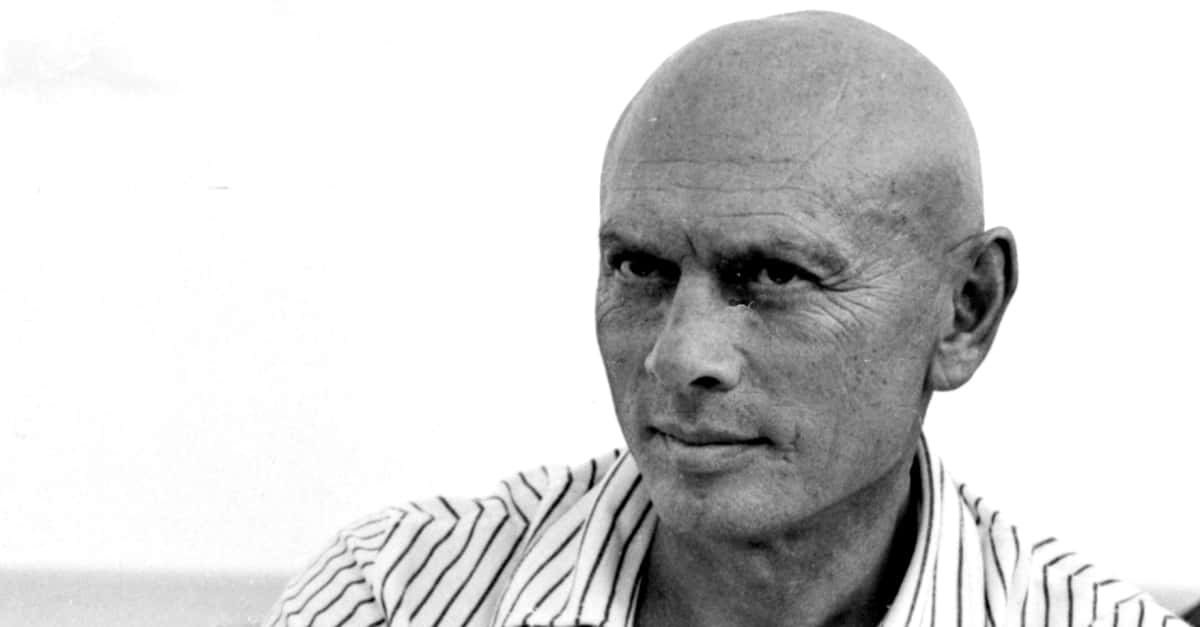These Real-Life Events Transformed These TV Shows
Sometimes, life writes the story for us — and television has no choice but to follow along. Whether it’s the sudden loss of a beloved actor, a shocking scandal, or world-changing events, real life often finds its way into our favorite shows in ways we can’t forget. These moments don’t just change the cast or the plot — they change how we feel about a show forever. Here are 25 series that were never quite the same after a real-life event altered everything.
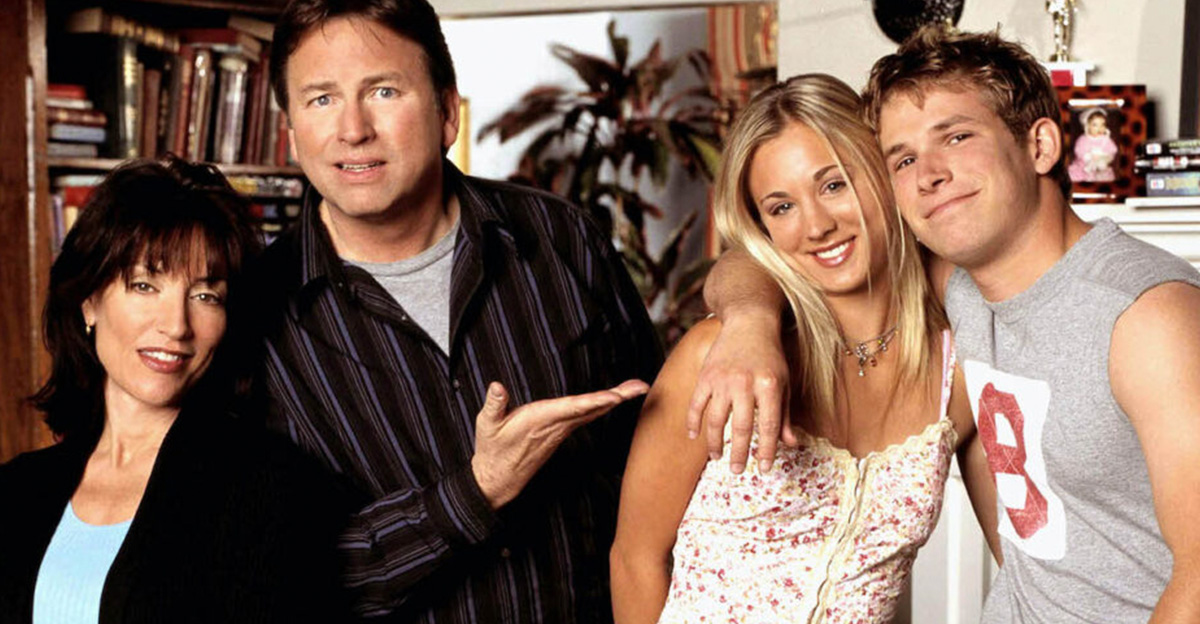
The West Wing & The Loss of John Spencer
John Spencer’s death in 2005 hit The West Wing like a gut punch. As Leo McGarry, he was the moral compass of the Bartlett administration — and the heart of the show. His sudden passing during the final season forced the writers to rewrite storylines and audiences to grieve in real time. Those last few episodes became less about politics and more about loss — both on and off-screen.
Glee After Cory Monteith’s Passing
When Cory Monteith died in 2013, the world mourned right alongside the Glee cast. The tribute episode, “The Quarterback,” wasn’t just a farewell to Finn Hudson — it was a farewell to Cory. You could see the heartbreak in every performance. Though the series went on, the joy that once defined Glee never fully came back.
8 Simple Rules & Saying Goodbye To John Ritter
John Ritter’s passing in 2003 was one of the most heartbreaking moments in sitcom history. 8 Simple Rules paused production, rewrote its tone, and turned its grief into art. The episode where his death is addressed still brings people to tears. Despite the cast’s best efforts, the show never really recovered — some absences are just too big to fill.
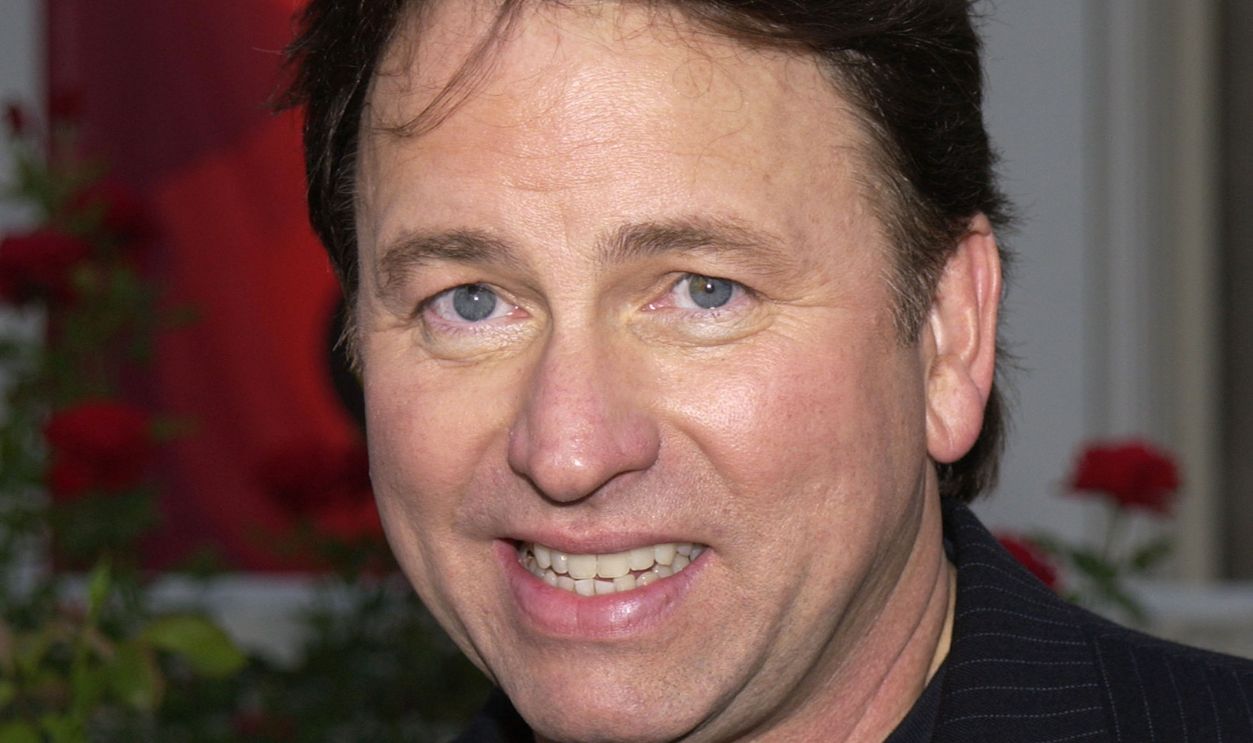 Jean-Paul Aussenard, Getty Images
Jean-Paul Aussenard, Getty Images
The Sopranos In A Post-9/11 World
When The Sopranos returned after 9/11, it wasn’t the same mafia drama fans remembered. The show became darker, quieter — more psychological. America had changed, and so had Tony Soprano. Paranoia and unease crept into the storylines, mirroring a nation grappling with new fears.
Parks and Recreation & The Real Government Shutdown
Parks and Recreation was always a love letter to small-town government — so when the real U.S. government shut down in 2013, the show leaned into the chaos. Suddenly, its jokes about bureaucracy hit a little too close to home. Still, the series found humor and hope amid the absurdity, proving that optimism can survive even the most dysfunctional politics.
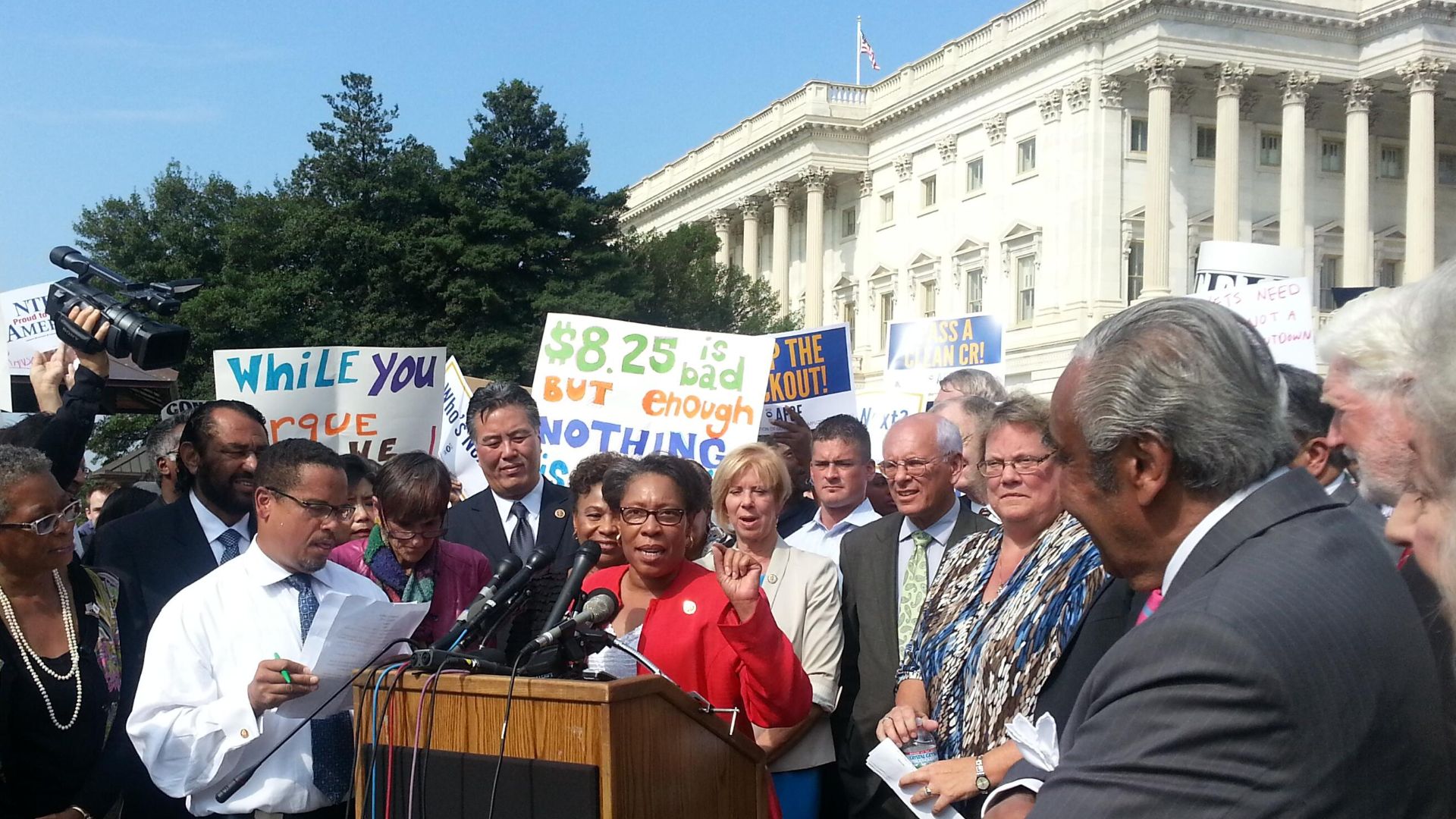 Marcia Fudge, Wikimedia Commons
Marcia Fudge, Wikimedia Commons
Saturday Night Live After 9/11
How do you make people laugh after tragedy? Saturday Night Live found out the hard way. When the show returned after 9/11, surrounded by firefighters and first responders, the moment was raw and emotional. SNL never lost its edge, but it gained something else — empathy. The sketches that followed carried a deeper awareness of the world outside Studio 8H.
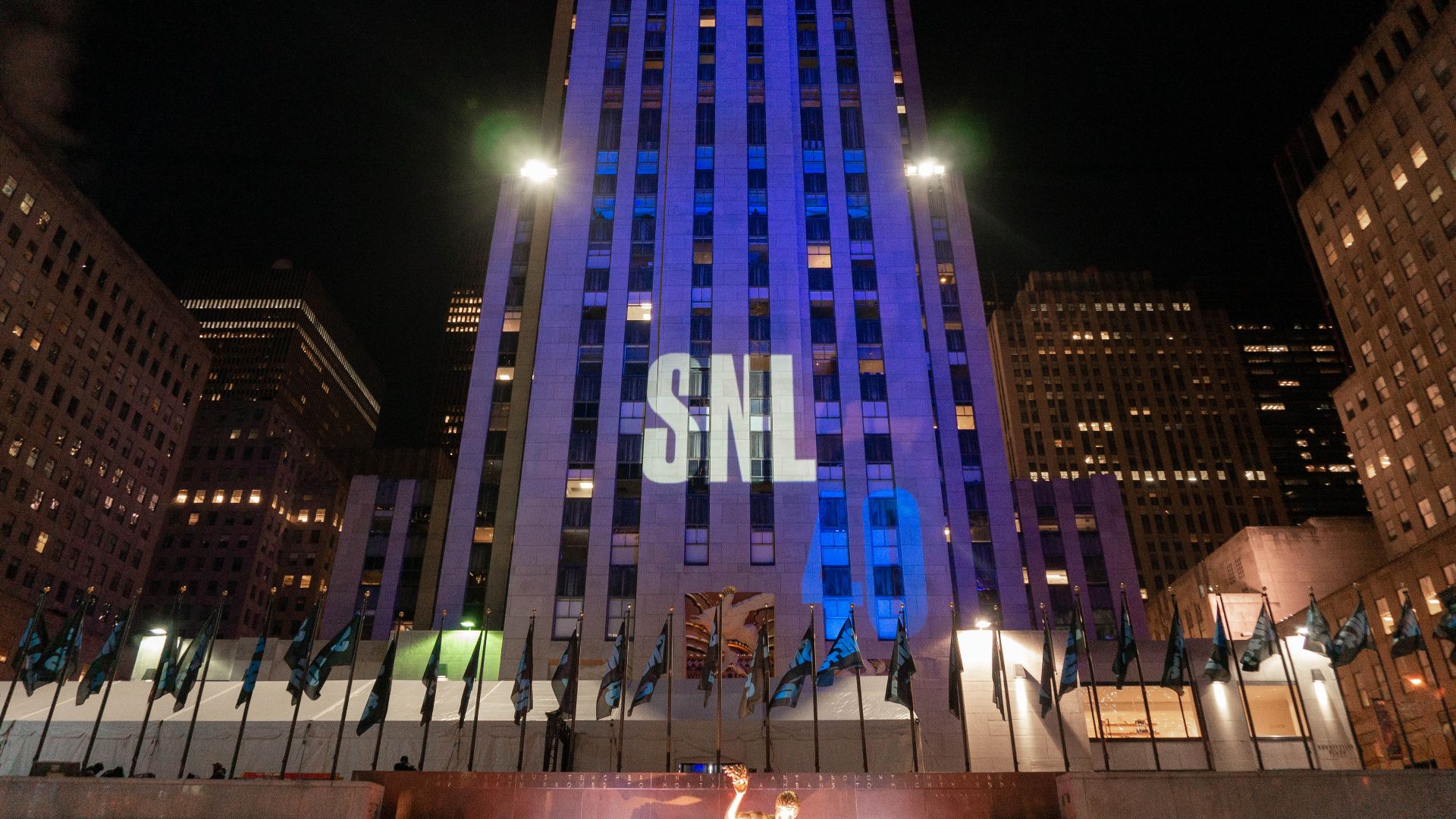 Anthony Quintano from Mount Laurel, United States, Wikimedia Commons
Anthony Quintano from Mount Laurel, United States, Wikimedia Commons
The Walking Dead After Andrew Lincoln Left
When Andrew Lincoln walked away from The Walking Dead in 2018, fans were stunned. Rick Grimes had been the show’s moral anchor since day one. Without him, The Walking Dead had to reinvent itself — and while it tried, many fans felt the soul of the show left with him.
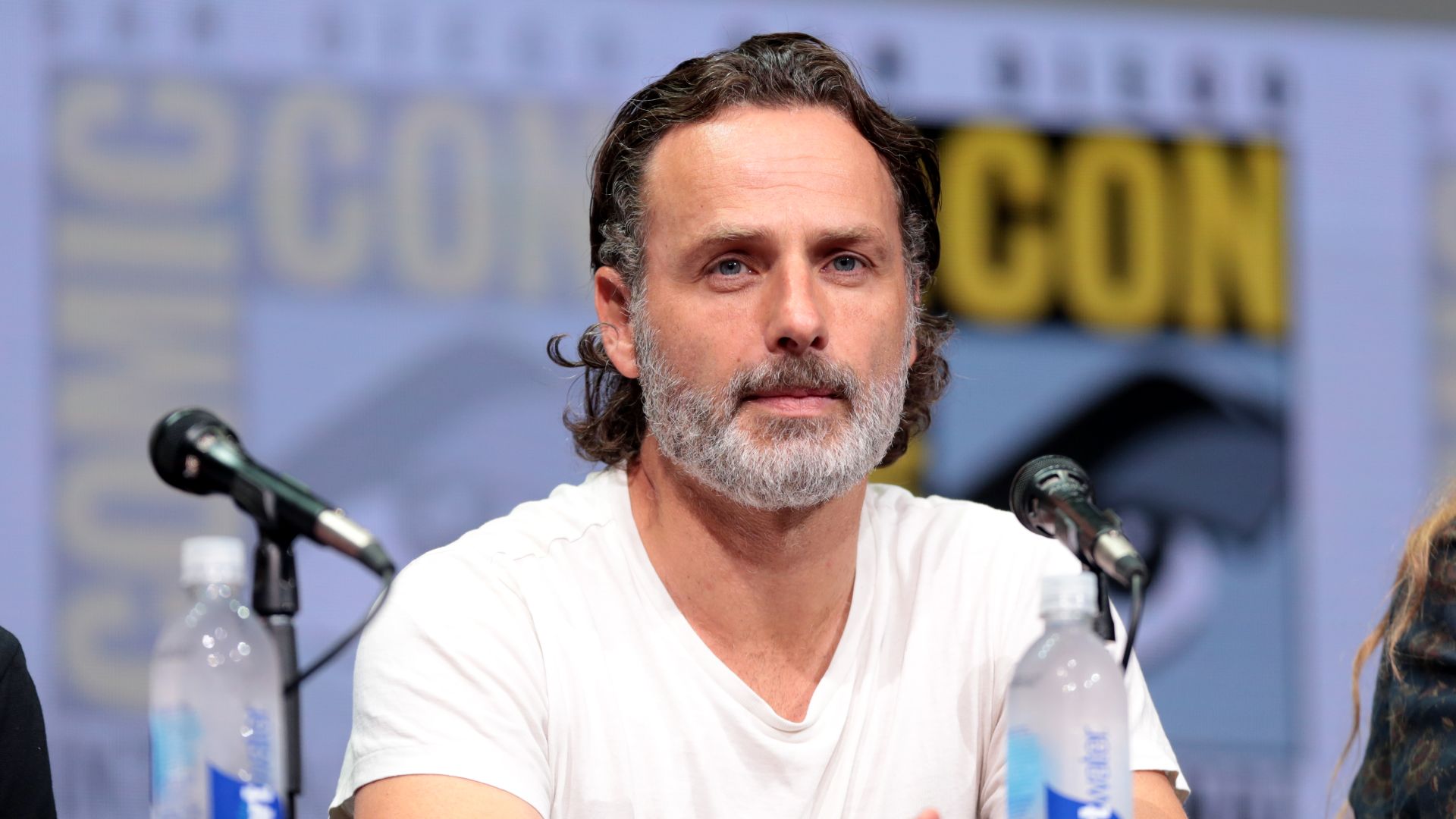 Gage Skidmore from Peoria, AZ, United States of America, Wikimedia Commons
Gage Skidmore from Peoria, AZ, United States of America, Wikimedia Commons
House of Cards Without Kevin Spacey
After the allegations against Kevin Spacey, House of Cards made a bold move: kill off Frank Underwood and put Claire (Robin Wright) in charge. While it was the right decision, the show’s identity shifted overnight. The final season struggled to regain the intensity and intrigue that had once made it must-watch TV.
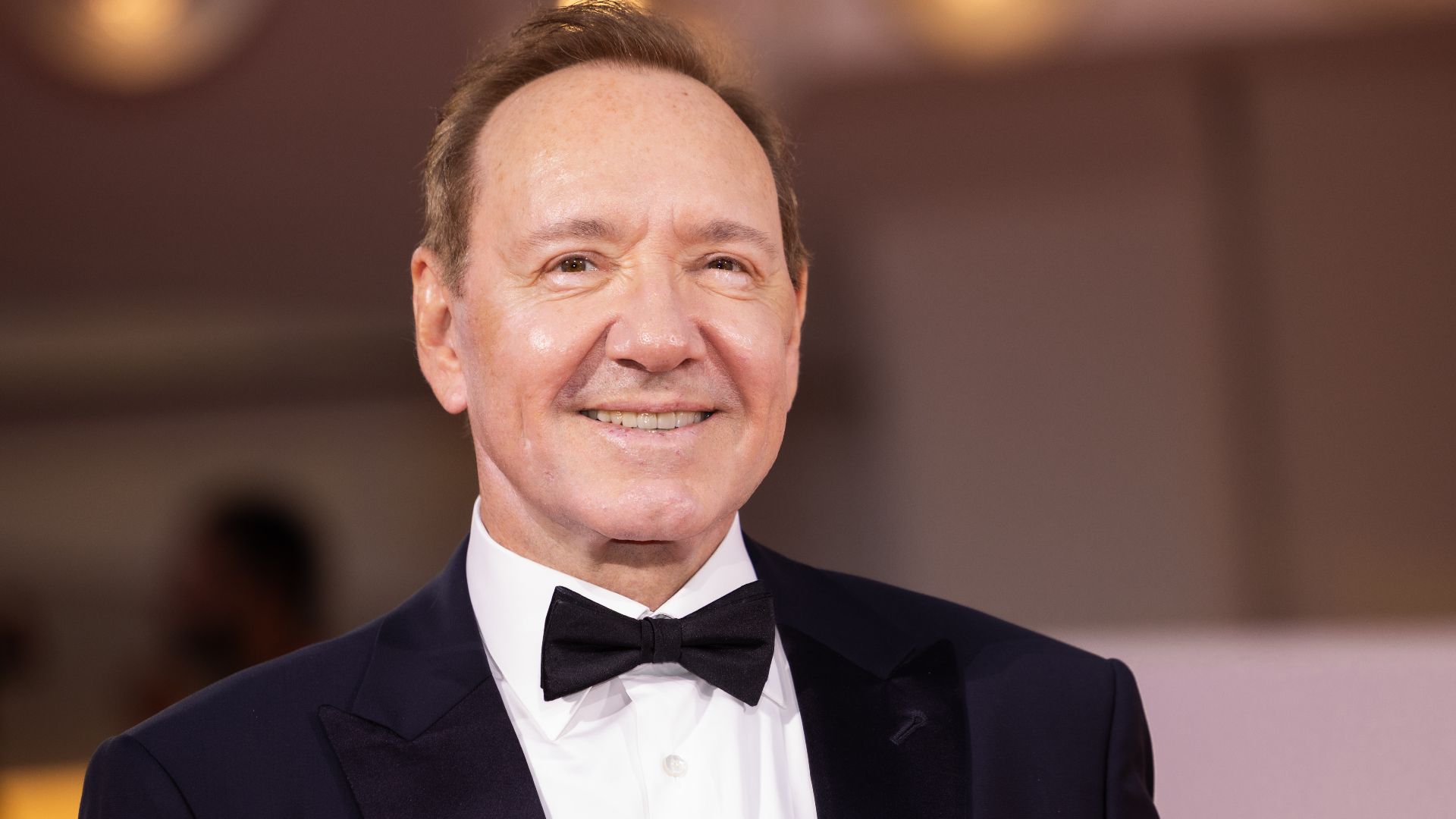 Harald Krichel, Wikimedia Commons
Harald Krichel, Wikimedia Commons
Roseanne’s Fall & The Rise of The Conners
When Roseanne was rebooted in 2018, it was hailed as a comeback story — until one tweet from Roseanne Barr ended it all. The network swiftly rebranded the show as The Conners, continuing without her. It worked, but the energy was different. The series went from comeback to cautionary tale in record time.
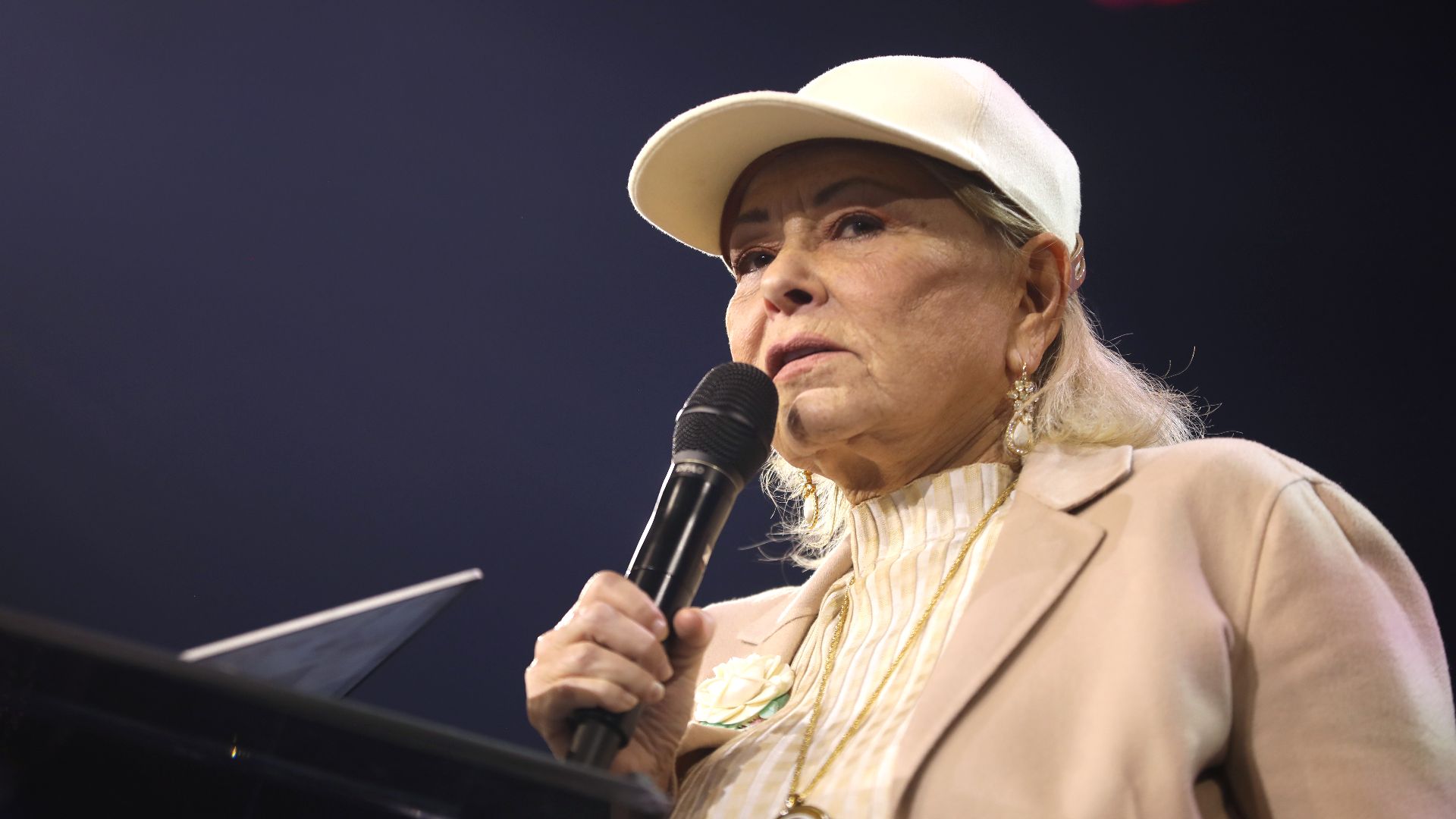 Gage Skidmore from Surprise, AZ, United States of America, Wikimedia Commons
Gage Skidmore from Surprise, AZ, United States of America, Wikimedia Commons
The Fresh Prince & The Aunt Viv Switch
When Janet Hubert was replaced as Aunt Viv on The Fresh Prince of Bel-Air, viewers noticed. Behind-the-scenes tension between her and Will Smith led to the change, and while Daphne Maxwell Reid did a fine job, the dynamic was never quite the same. The show kept its laughs, but it lost some of its spark.
The Crown & The Death Of The Real Queen
When Queen Elizabeth II passed away in 2022, it changed how people watched The Crown. What had once felt like imaginative storytelling suddenly felt like history. Viewers approached it with a new reverence — as if the fictional queen on screen now stood in for the real one we’d lost.
Ellen DeGeneres & The End of an Era
For years, The Ellen DeGeneres Show was synonymous with kindness and laughter — until reports of a toxic workplace surfaced in 2020. The revelations were jarring, and while Ellen apologized, the damage was done. When the show ended two years later, it was clear that its cheerful image would never quite recover.
Two & A Half Men After Charlie Sheen
Charlie Sheen’s infamous meltdown in 2011 changed Two and a Half Men forever. He was fired, Ashton Kutcher stepped in, and the show soldiered on — but the chemistry, the chaos, the unpredictability that defined it were gone. It became something else entirely — a ghost of its former self.
Cheers & The Death of Coach
When Nicholas Colasanto, who played Coach, passed away in 1985, Cheers lost one of its most lovable characters. Woody Harrelson joined the cast soon after and quickly became a fan favorite, but the bar never felt quite the same. Coach’s warmth had been its heart.
The X-Files After 9/11
The X-Files thrived on the paranoia of the 1990s — but after 9/11, that paranoia felt real. Suddenly, conspiracy theories were no longer fun; they were terrifying. The show shifted toward more personal, human stories, reflecting the unease of a new era.
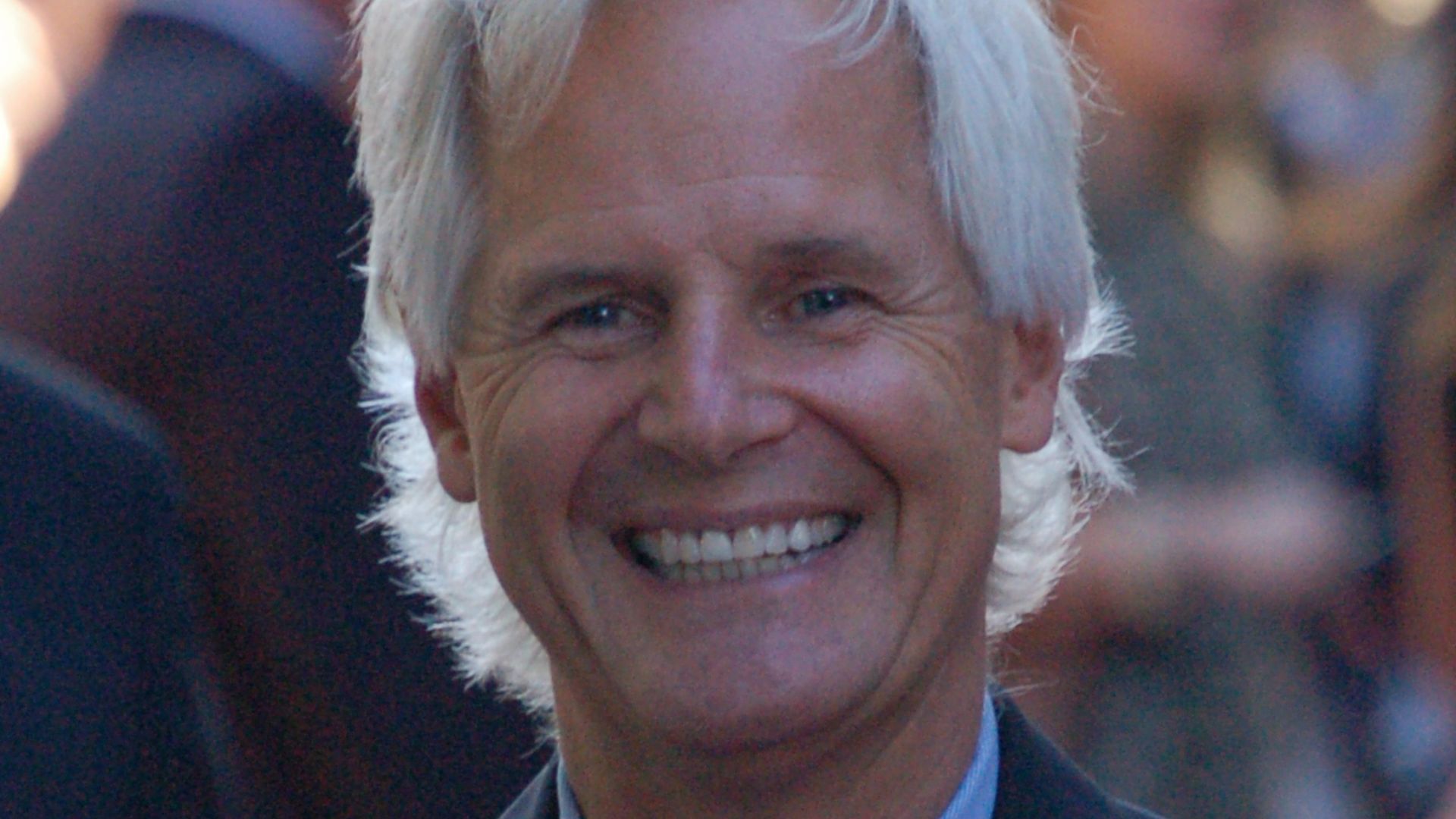 Olivier Laurent, Wikimedia Commons
Olivier Laurent, Wikimedia Commons
The Simpsons In A Changed World
After 9/11, The Simpsons quietly removed references to the Twin Towers and grew more self-aware. The tone evolved from goofy satire to something more socially observant. It still made us laugh, but the innocence of its earlier years faded with the times.
30 Rock & The #MeToo Reckoning
When the #MeToo movement reshaped Hollywood, 30 Rock found itself under scrutiny for past jokes and episodes featuring blackface. The show’s creator, Tina Fey, requested those episodes be pulled from streaming. It was a reminder that even smart comedy needs reflection — and growth.
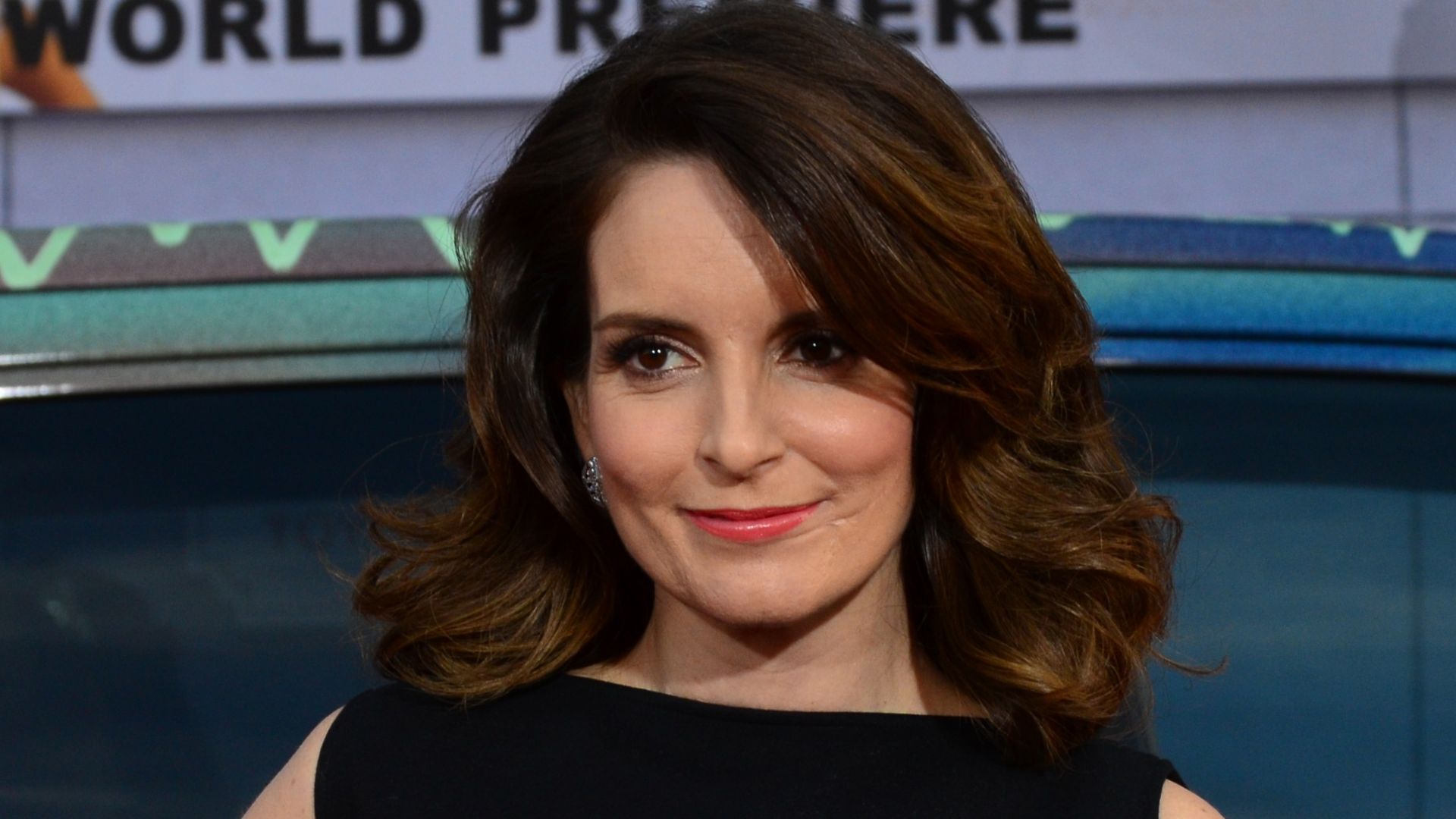 Mingle Media TV, Wikimedia Commons
Mingle Media TV, Wikimedia Commons
The Big Bang Theory & Jim Parsons’ Exit
When Jim Parsons decided to leave The Big Bang Theory, it ended one of the biggest sitcoms of all time. It wasn’t scandal or tragedy — just a personal choice. But that decision marked the end of an era for fans who’d grown up with Sheldon, Leonard, and Penny. Sometimes, real life simply says it’s time to move on.
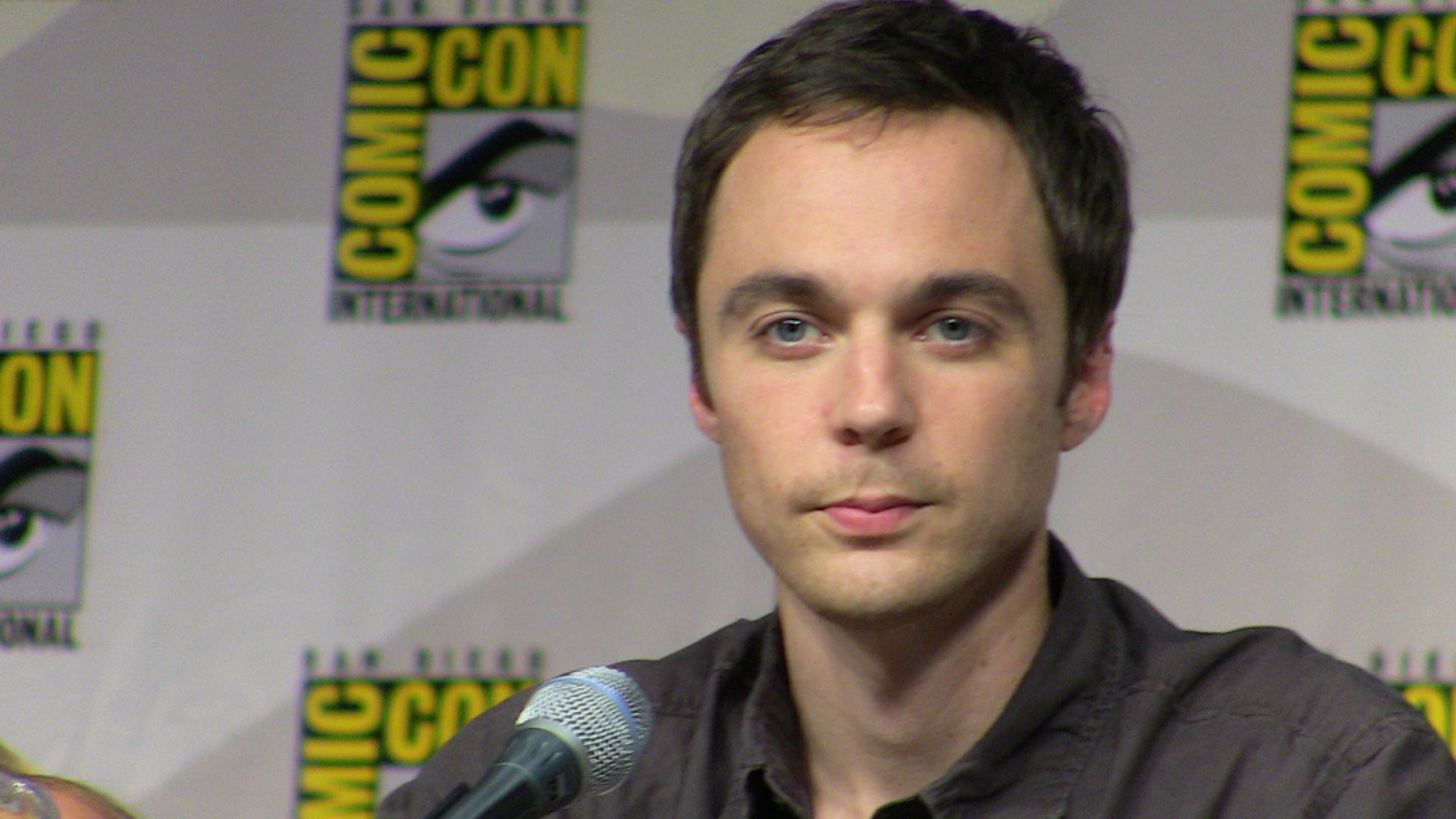 Kristin Dos Santos from Los Angeles, California, United States, Wikimedia Commons
Kristin Dos Santos from Los Angeles, California, United States, Wikimedia Commons
Riverdale Without Luke Perry
Luke Perry’s sudden death in 2019 hit Riverdale like a tidal wave. As Archie’s dad, Fred Andrews was the show’s emotional center. The tribute episode was beautiful — heartfelt, raw, and full of love. But without him, the show lost a piece of its grounding warmth.
Game of Thrones & The HBO Hack
In 2017, HBO was hacked, and Game of Thrones scripts were leaked online. It might sound trivial, but it added intense pressure to an already massive production. The result was a rushed, secretive final season that left many fans disappointed. It’s hard not to wonder what could have been.
The Twilight Zone’s On-Set Tragedy
During the filming of Twilight Zone: The Movie in 1982, a helicopter accident killed actor Vic Morrow and two child actors. It was horrific — and it changed Hollywood forever. The tragedy led to new safety laws and stricter filming regulations, leaving an indelible mark on the industry.
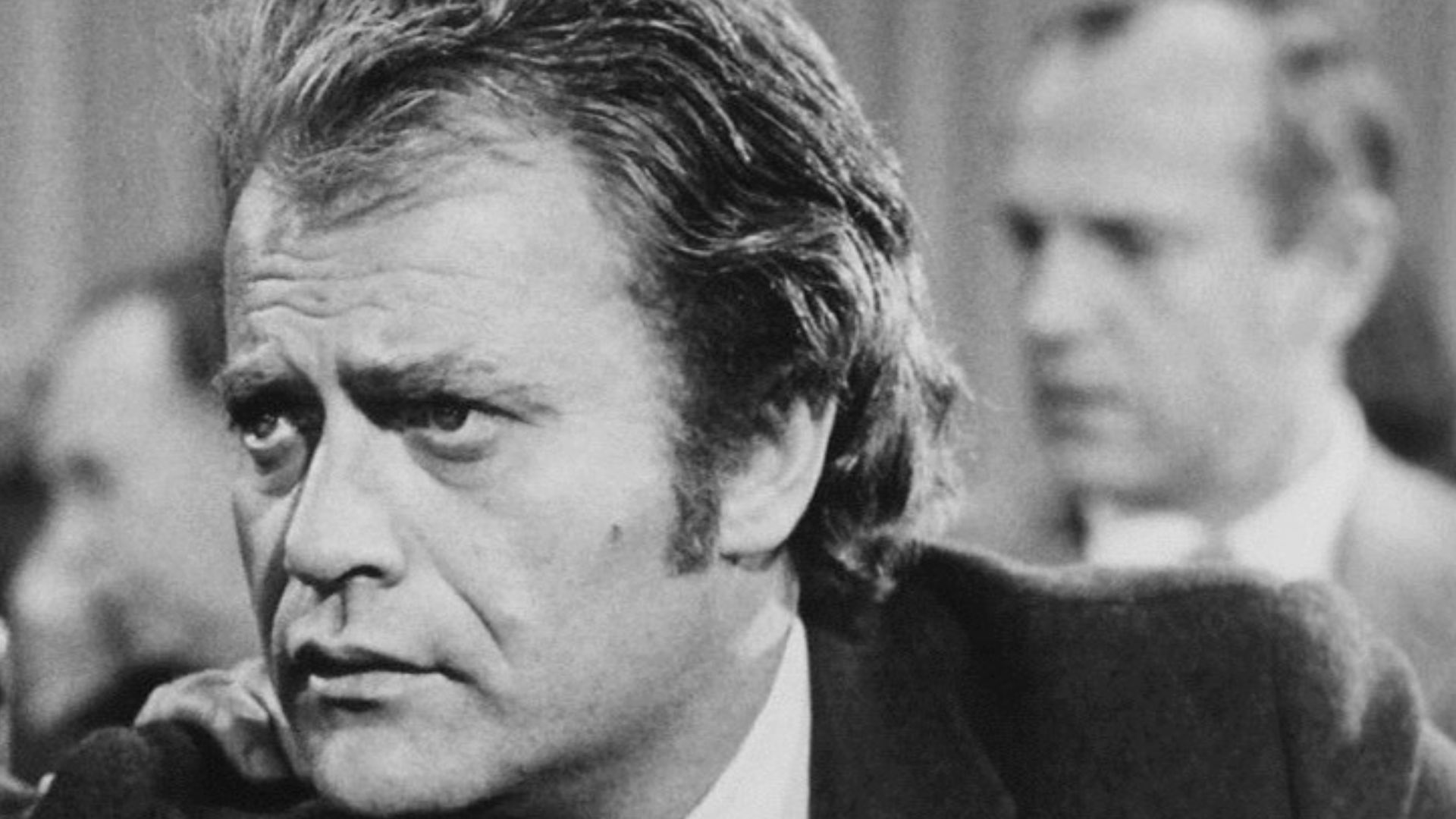 ABC Television, Wikimedia Commons
ABC Television, Wikimedia Commons
The Bachelor & Tragedy Off-Camera
The shiny world of The Bachelor isn’t immune to heartbreak. In 2020, the death of contestant Gia Allemand and other off-screen incidents forced the franchise to face questions about mental health and emotional care. The show became more aware — though not without criticism.
MythBusters & The Build Team Split
When MythBusters parted ways with Kari Byron, Grant Imahara, and Tory Belleci in 2014, fans were heartbroken. They were part of the show’s magic. Without them, MythBusters felt more sterile and less fun — like science without the spark. It was the end of an era for “don’t try this at home” TV.
The Office Without Michael Scott
When Steve Carell left The Office in 2011, fans braced for change — and it came fast. The show kept its heart, but without Michael Scott’s cringeworthy charm, it lost a layer of unpredictability and warmth. The workplace still buzzed, but it wasn’t quite the same.
Jeopardy! & The Legacy of Alex Trebek
When Alex Trebek passed away in 2020, it felt like saying goodbye to a family friend. His calm presence, wit, and humility defined Jeopardy! for nearly four decades. Though the show lives on with new hosts, Trebek’s legacy remains the benchmark — and the heartbeat — of the quiz show world.
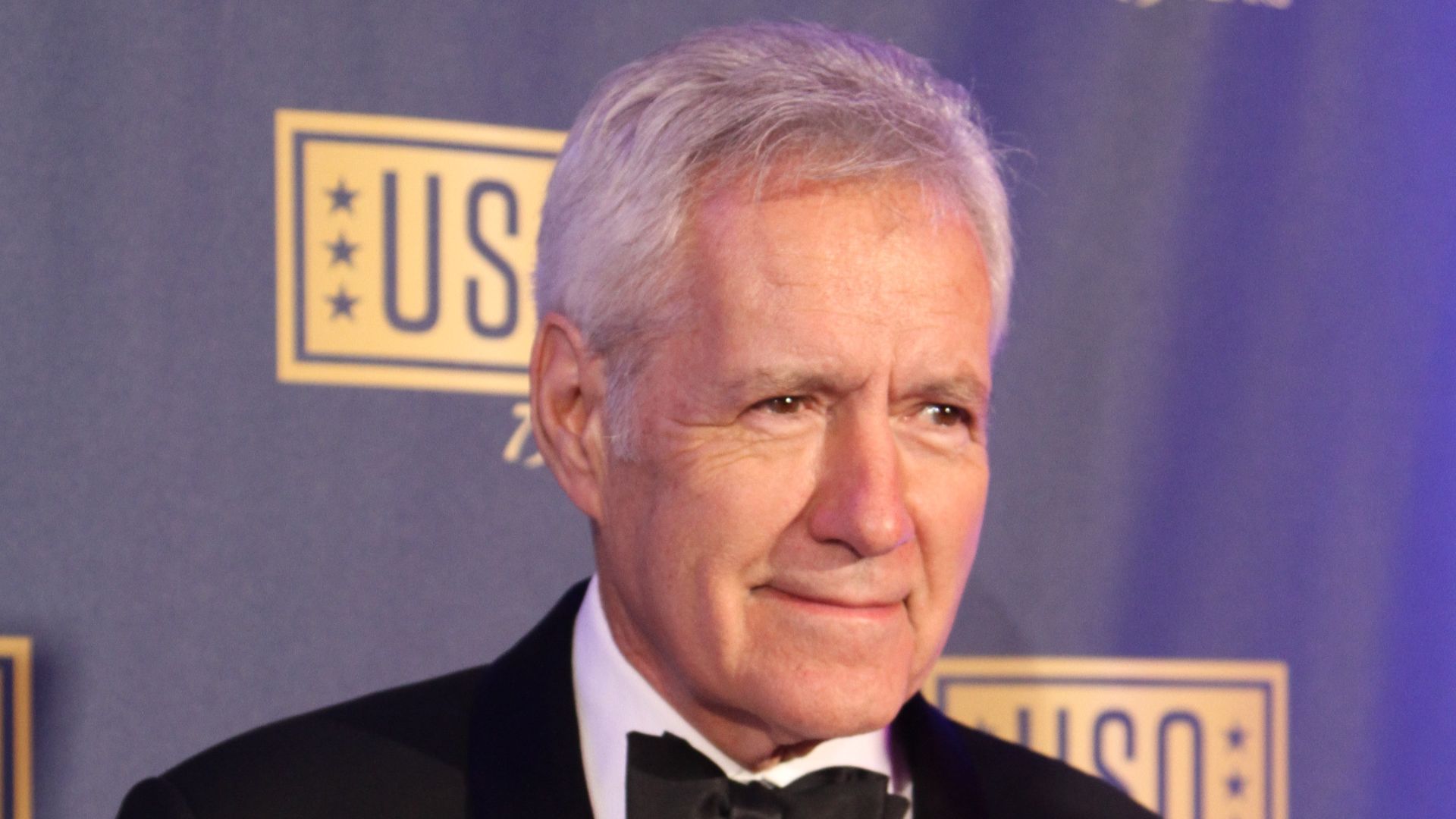 Gedalia Vera, Wikimedia Commons
Gedalia Vera, Wikimedia Commons
Friends & The Loss of Matthew Perry
When Matthew Perry died in 2023, it hit like a punch to the gut. Friends had ended years earlier, but his death changed how we all saw Chandler Bing. The jokes now feel bittersweet, layered with the knowledge of Perry’s real-life struggles and heart. It was a reminder that laughter and pain often coexist — both on-screen and off.
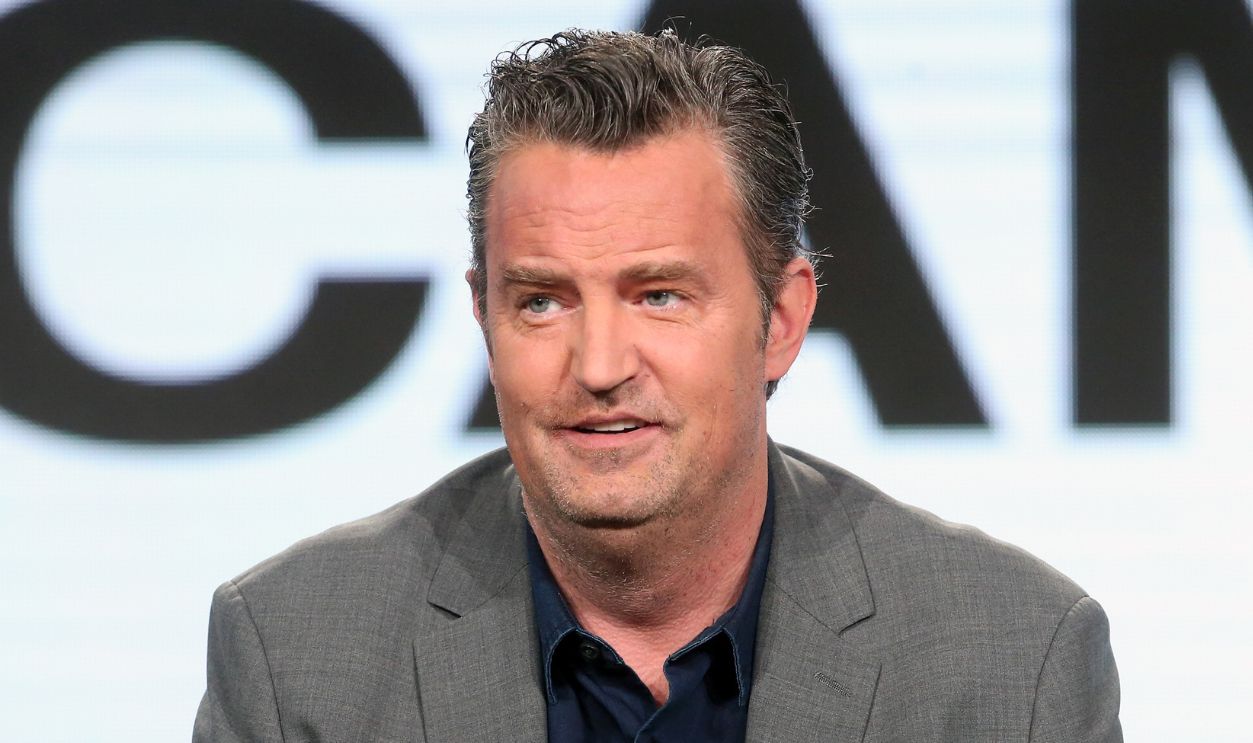 Frederick M. Brown, Getty Images
Frederick M. Brown, Getty Images
When Real Life Writes The Script
Television has the power to make us laugh, cry, and escape — but every once in a while, real life steps in and reminds us these stories are made by real people. The shows on this list prove that behind every line and every episode is a world just as unpredictable, beautiful, and heartbreaking as our own.
You May Also Like:
Why Is Everyone Under 25 Saying 'Six, Seven' All The Time—And When Will It Stop?
Iconic TV Scenes That Only True Fans Know Were Improvised

